The best Pixel phones 2025: our reviews help you choose the Google phone that's right for you
Bright displays and great cameras among many other benefits
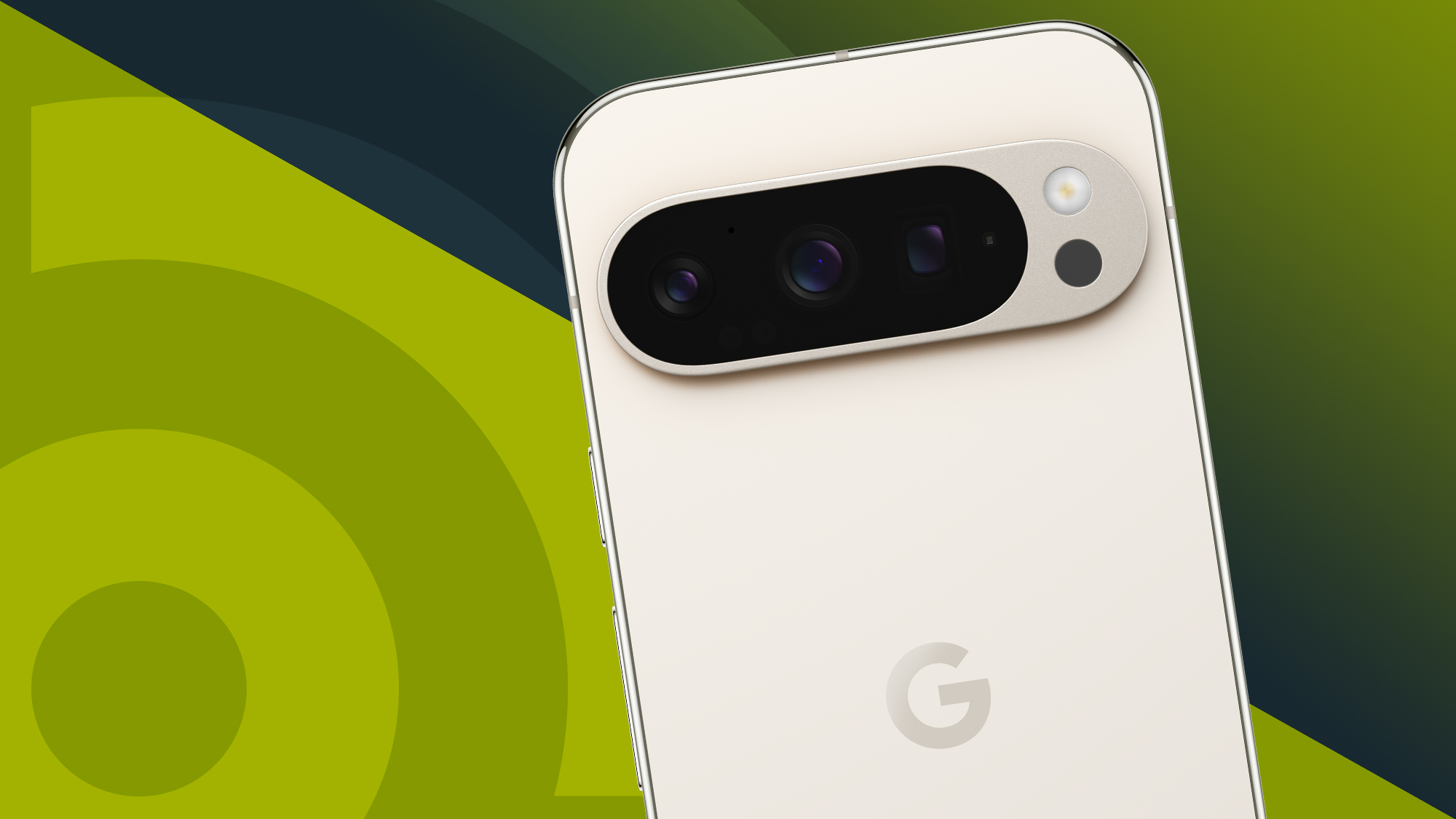
The best Pixel phones are the easiest phones to recommend. I've reviewed all of the best phones you can buy, and the phones I recommend most often are Pixel. That's because Google's Pixel phones are easy to use with fun features, and best of all there's a good Pixel phone for almost every buyer's price range.
I always carry a Pixel 9 Pro because it is one of the best camera phones you can buy, and I love Google's AI phone calling features. The phone is my perfect work phone, and it was my favorite phone of last year.
You probably know that Pixel phones all have great cameras with excellent photo editing capabilities, thanks to Google's AI. Did you know Pixel phones also have the best displays in their respective price range? Google has earned high marks for its Actua and Super Actua displays, and the screens are all incredibly bright and colorful, the best you can buy.
Google is also first with most new AI features on a smartphone, with Samsung following close behind. That's part of what makes these the best Android phones. If you are interested in AI and getting those new features first, you don't just want a Pixel, you want the best Pixel, because Google doesn't offer the same features to every phones.
Don't like the price of that Pixel 9? Wait a minute, it will change. Google loves to offer discounts on Pixel phones, and Amazon regularly drops the price on unlocked models. You won't find a great sale on the best iPhone, but with patience you can have a Google Pixel for $100 or more off the original price.

Phil Berne is a preeminent voice in consumer electronic reviews. He has been reviewing phones since before the first iPhone, and he even worked as an internal reviewer for Samsung, offering his opinion on top secret new models before launch. He has reviewed hundreds of phones and tablets, including all of the latest Samsung Galaxy, Apple iPhone, and Google Pixel phones.
Quick List

The Pixel 9 Pro has the same specs as the Pixel 9 Pro XL in a smaller package, and that's such a relief to have a compact phone that doesn't compromise, it's my favorite Pixel overall and the one I carry with me all the time.
Read more below
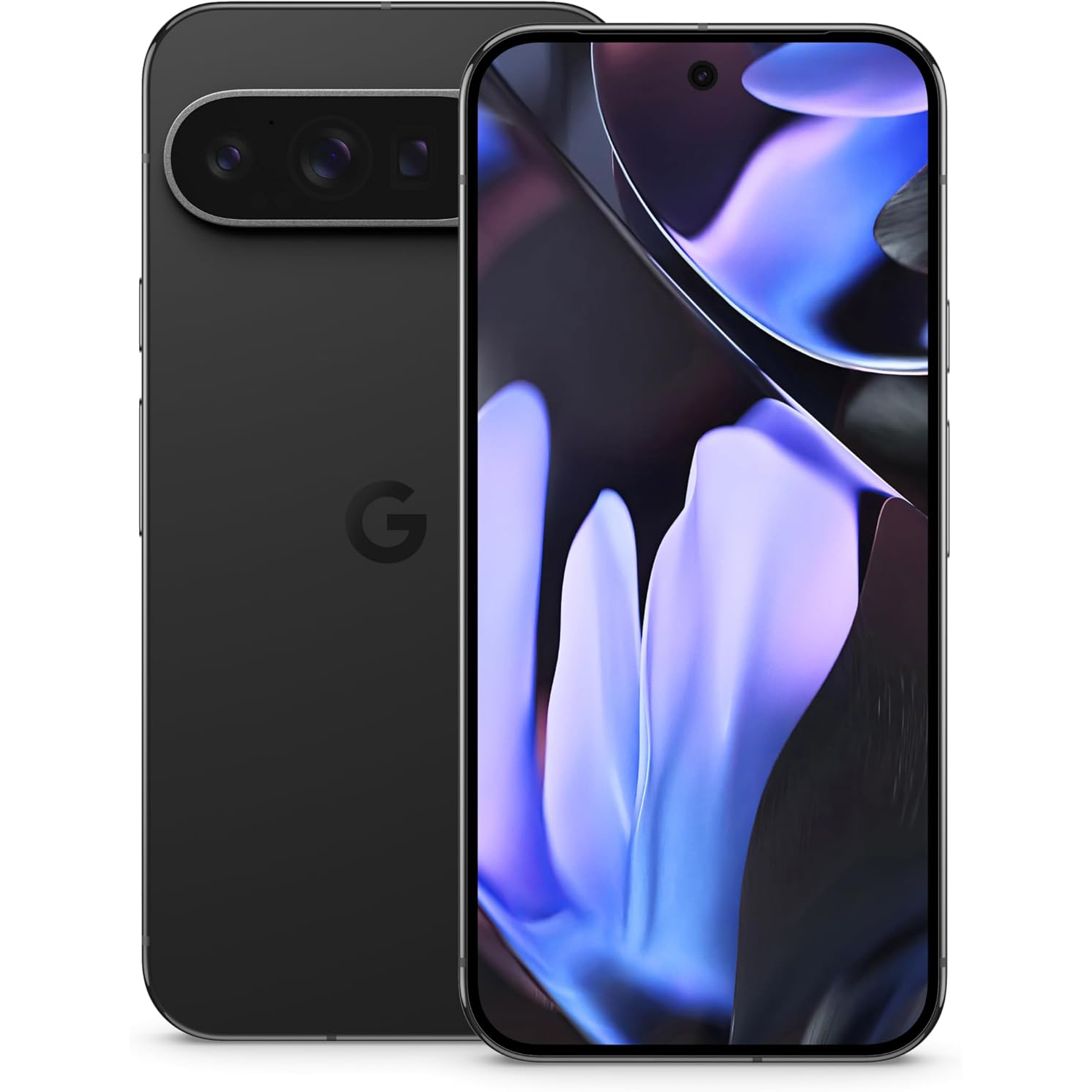
The Pixel 9 Pro and Pixel 9 Pro XL have the exact same cameras, but it's easier to line up your shots on a larger display, so the Pixel 9 Pro XL is my pick for the best Pixel camera phone. It takes remarkable photos with ease, and it has editing tools that can't be matched.
Read more below
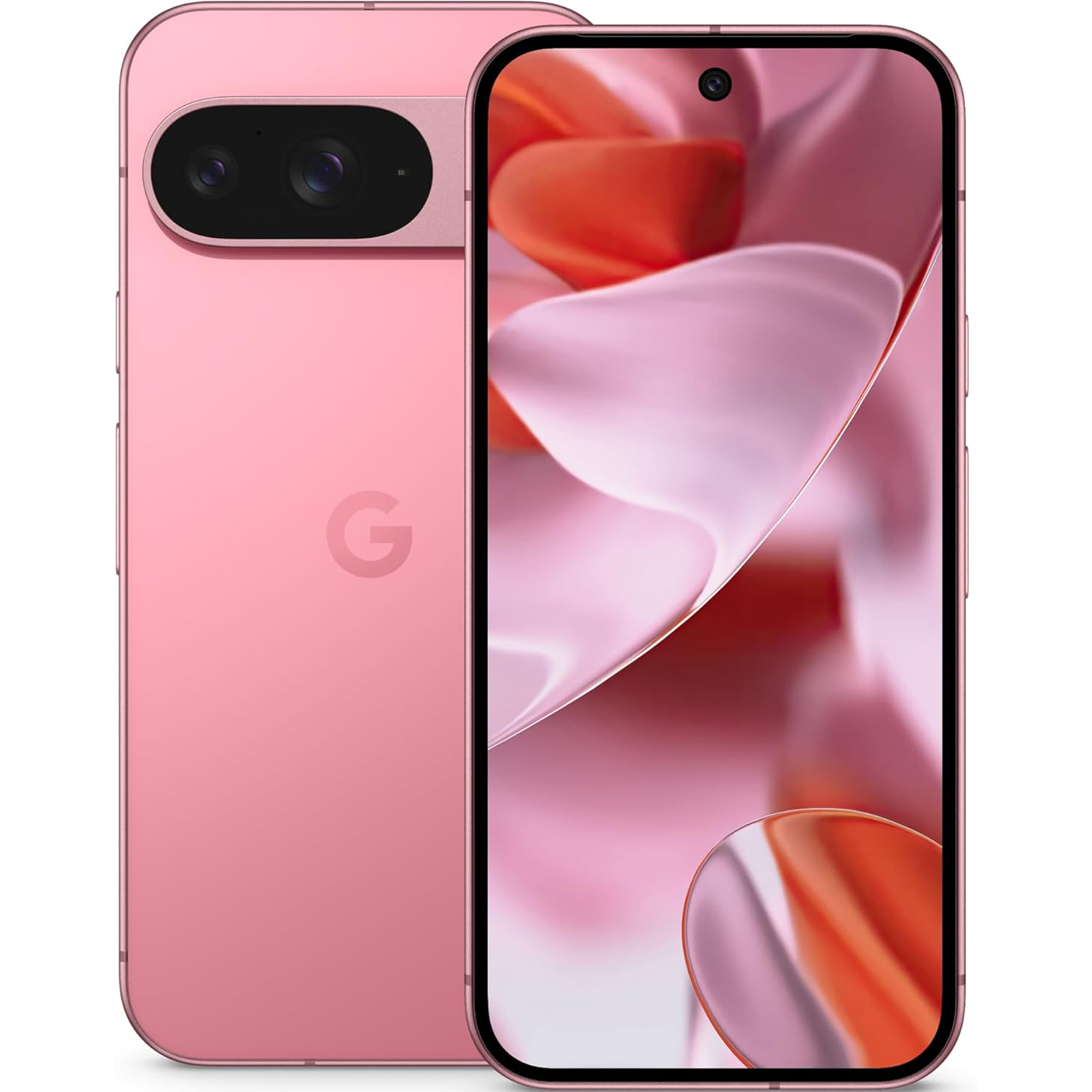
You don't need to pay more to get fantastic cameras and Google's refined version of Android, with all of its advanced Gemini AI features. The Pixel 9 performs well and takes photos that look as good as the Pro phones, but it costs much less.
Read more below
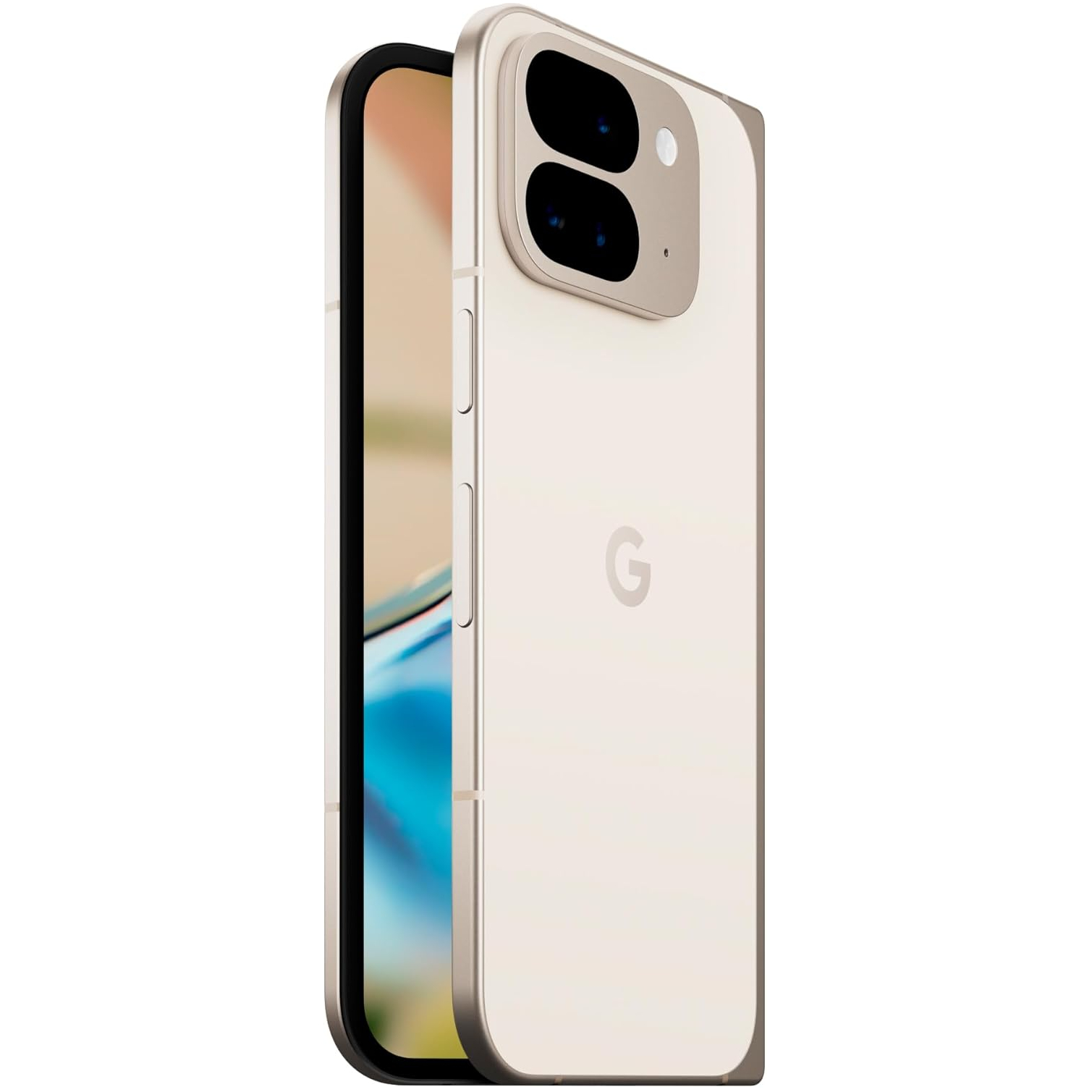
Everytime I open the Pixel 9 Pro Fold I smile, because it's easy to forget just how huge that inner screen gets when the phone is folded up tight. Even closed, the Pixel 9 Pro Fold is thinner than an iPhone in a case, making it the best foldable phone you can buy, and the ideal Pixel phone for getting work done.
Read more below
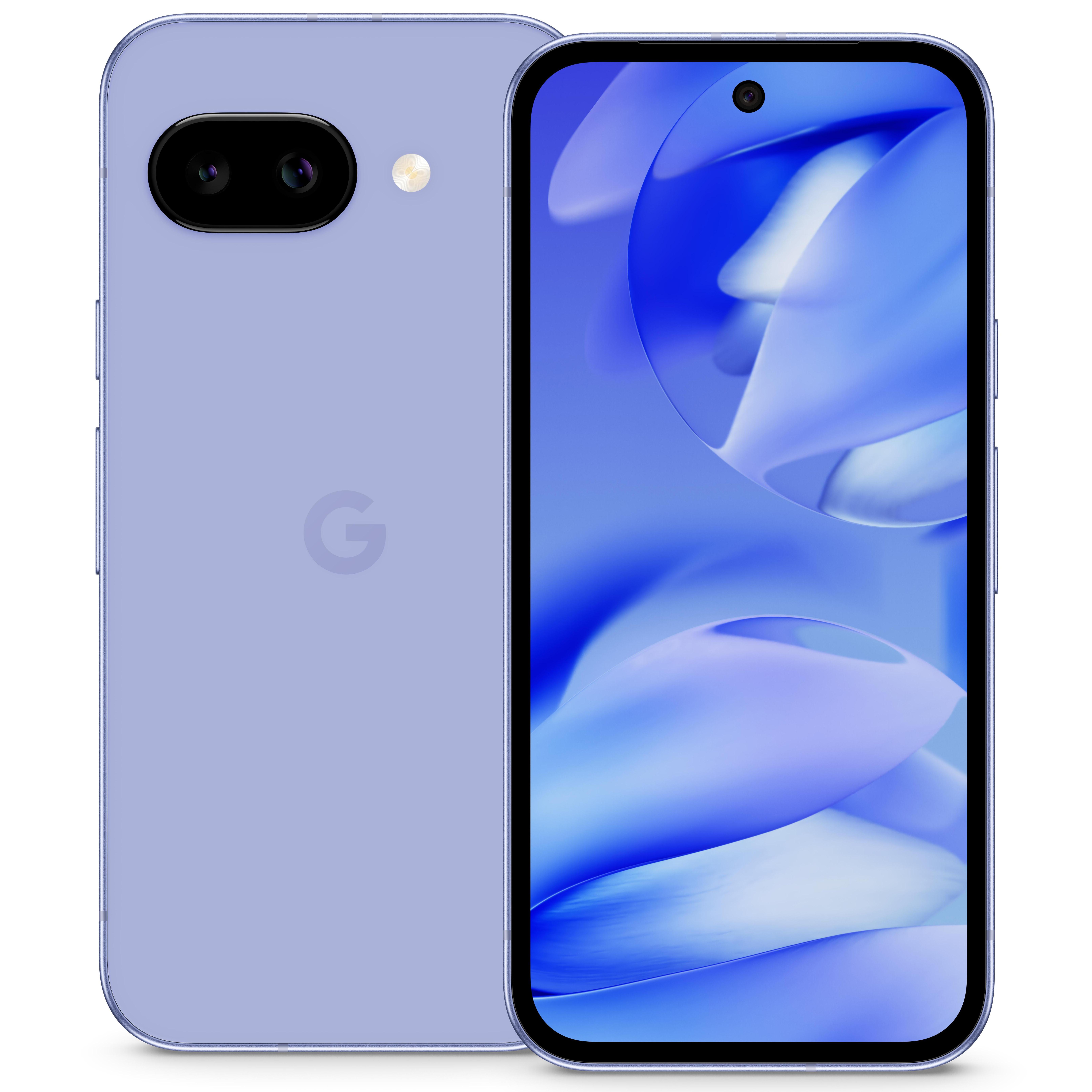
The Pixel 9a is the newest Pixel phone, and even though it's priced like a bargain it still gets seven years of Android updates, and it ships with Android 15. It takes great photos and comes in cool colors, though the design left us wanting, to say the least.
Read more below
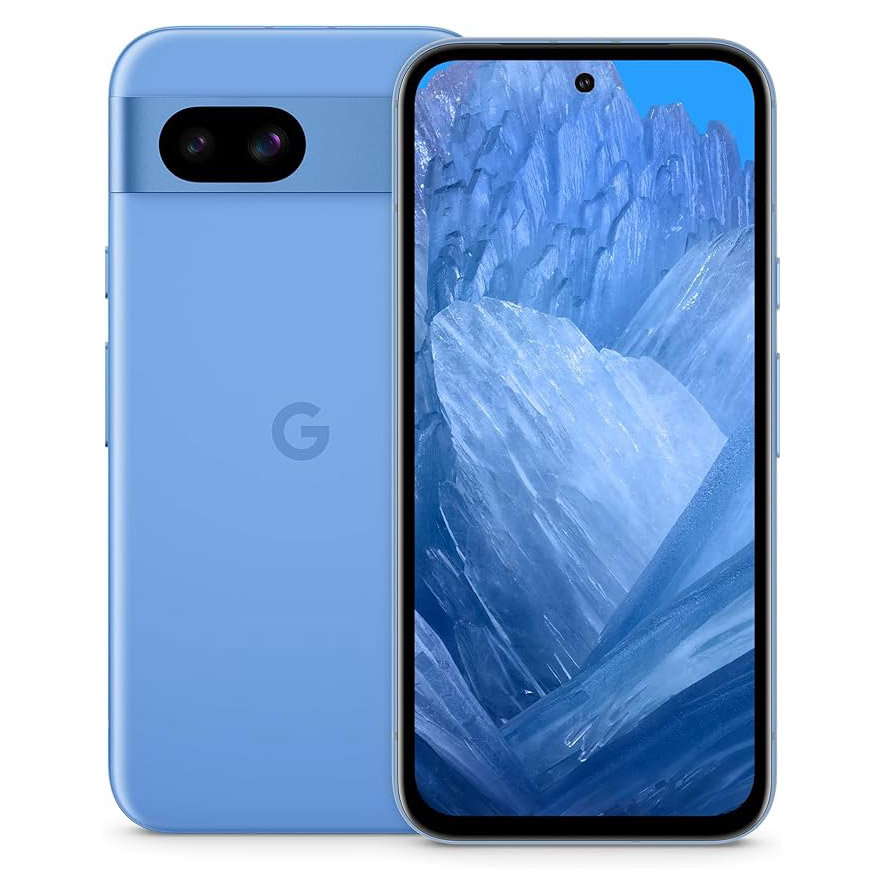
Even though the Pixel 9a is available, the Pixel 8a performs almost as well in our tests, and it might have better cameras. It will get six more years of Android updates, so if you can find this phone for a great price, it will be the best cheap Pixel you can get.
Read more below
The best Pixel phones in 2025
Why you can trust TechRadar
The best Pixel overall
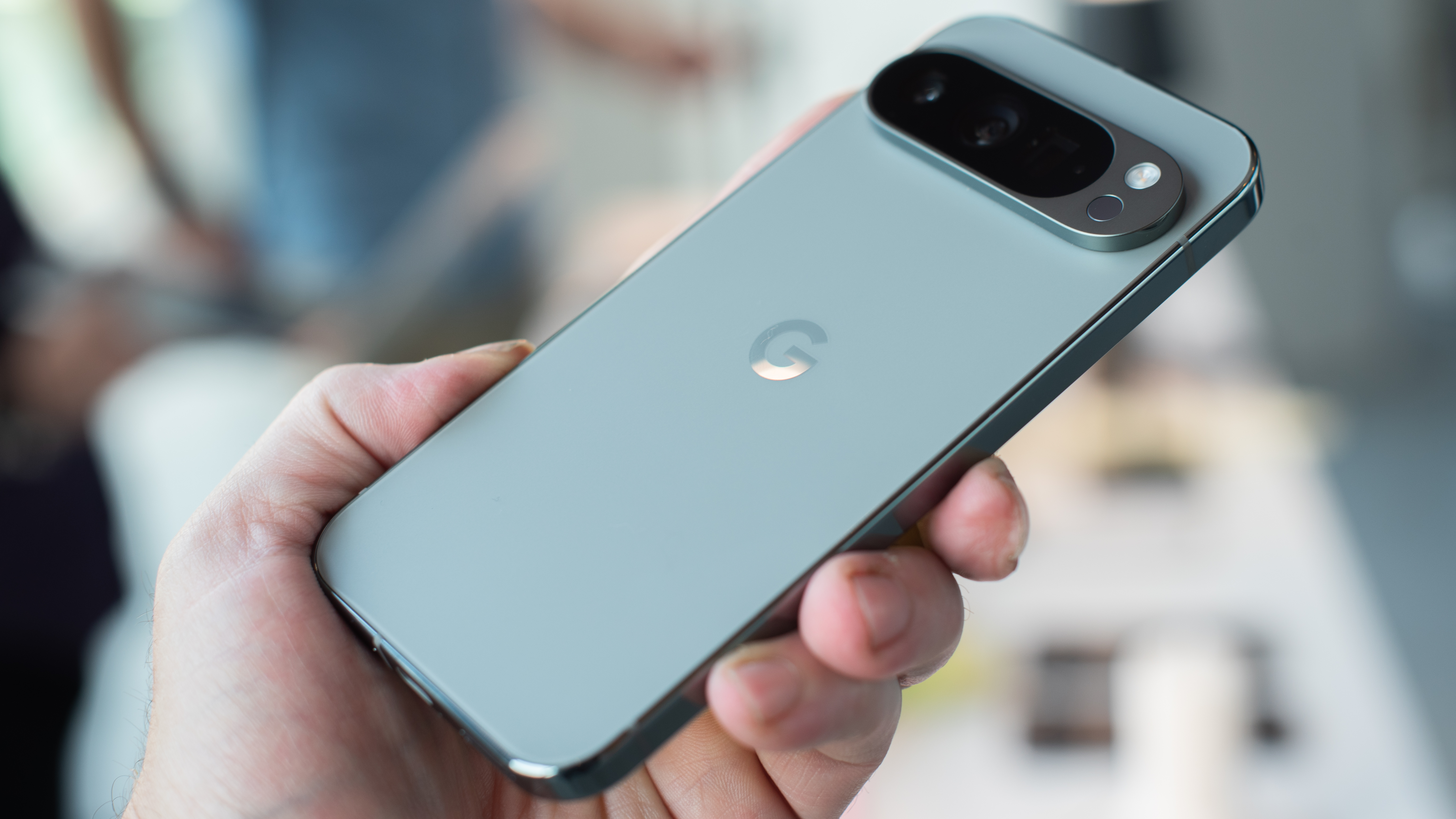
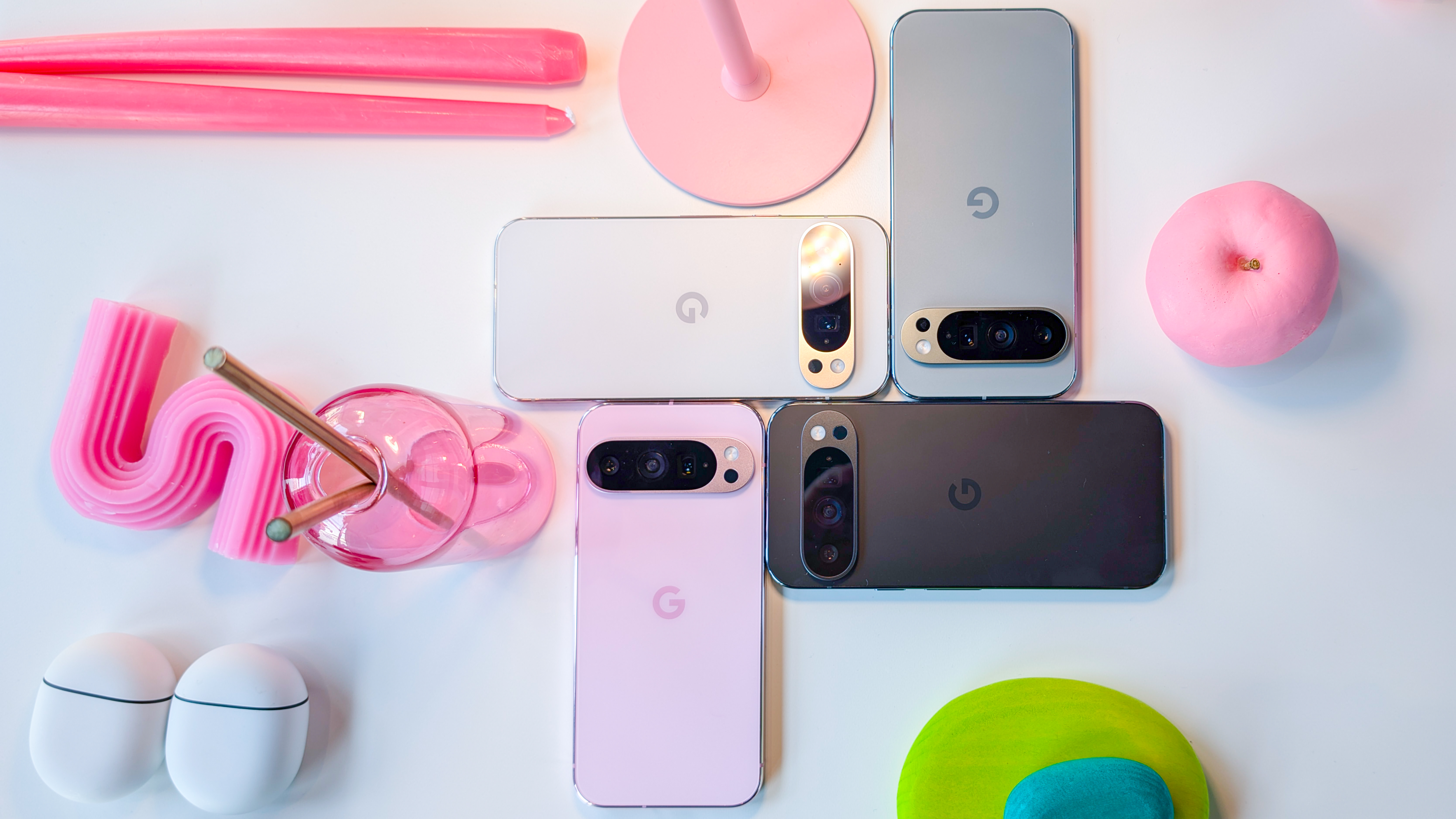
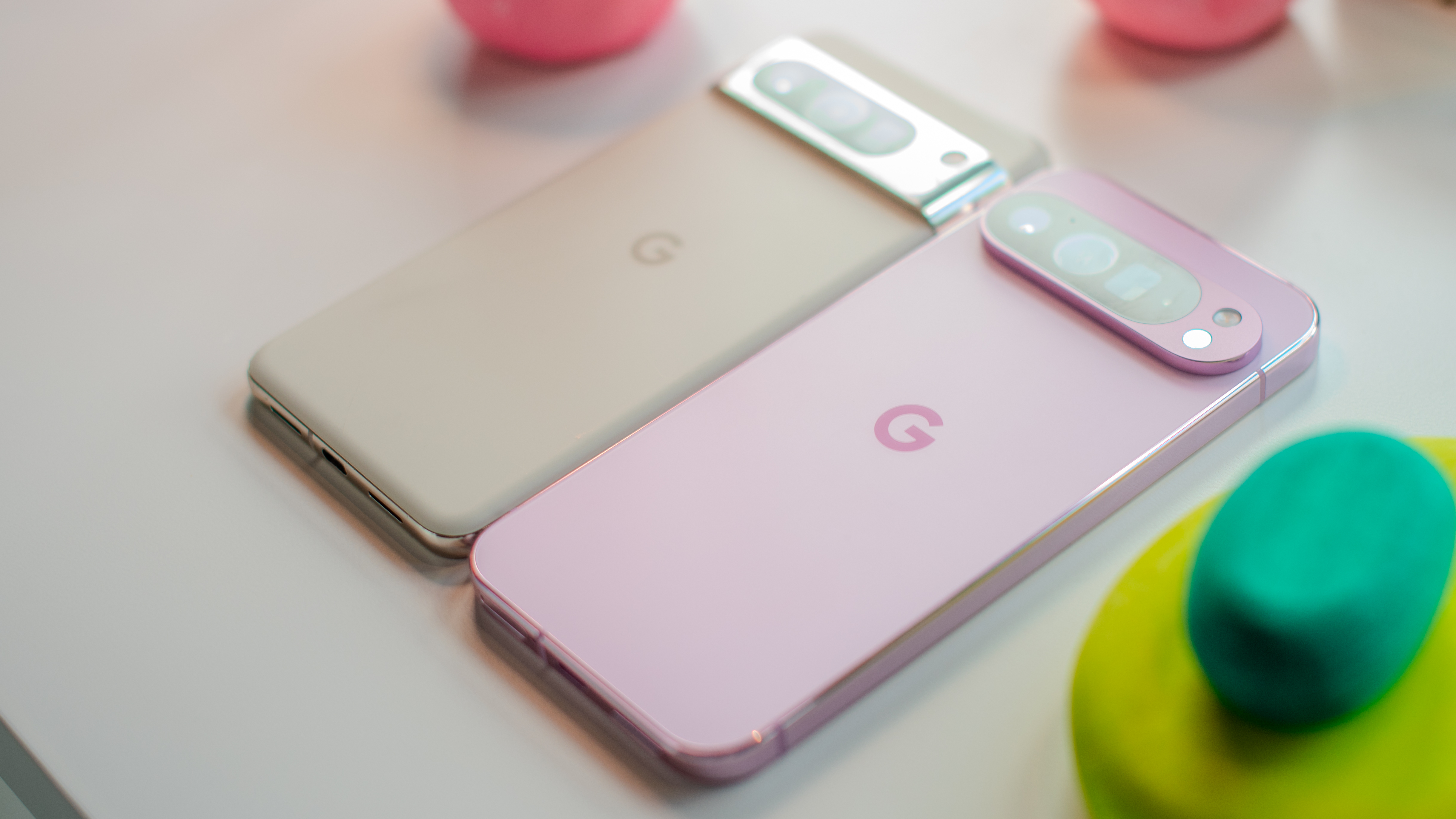
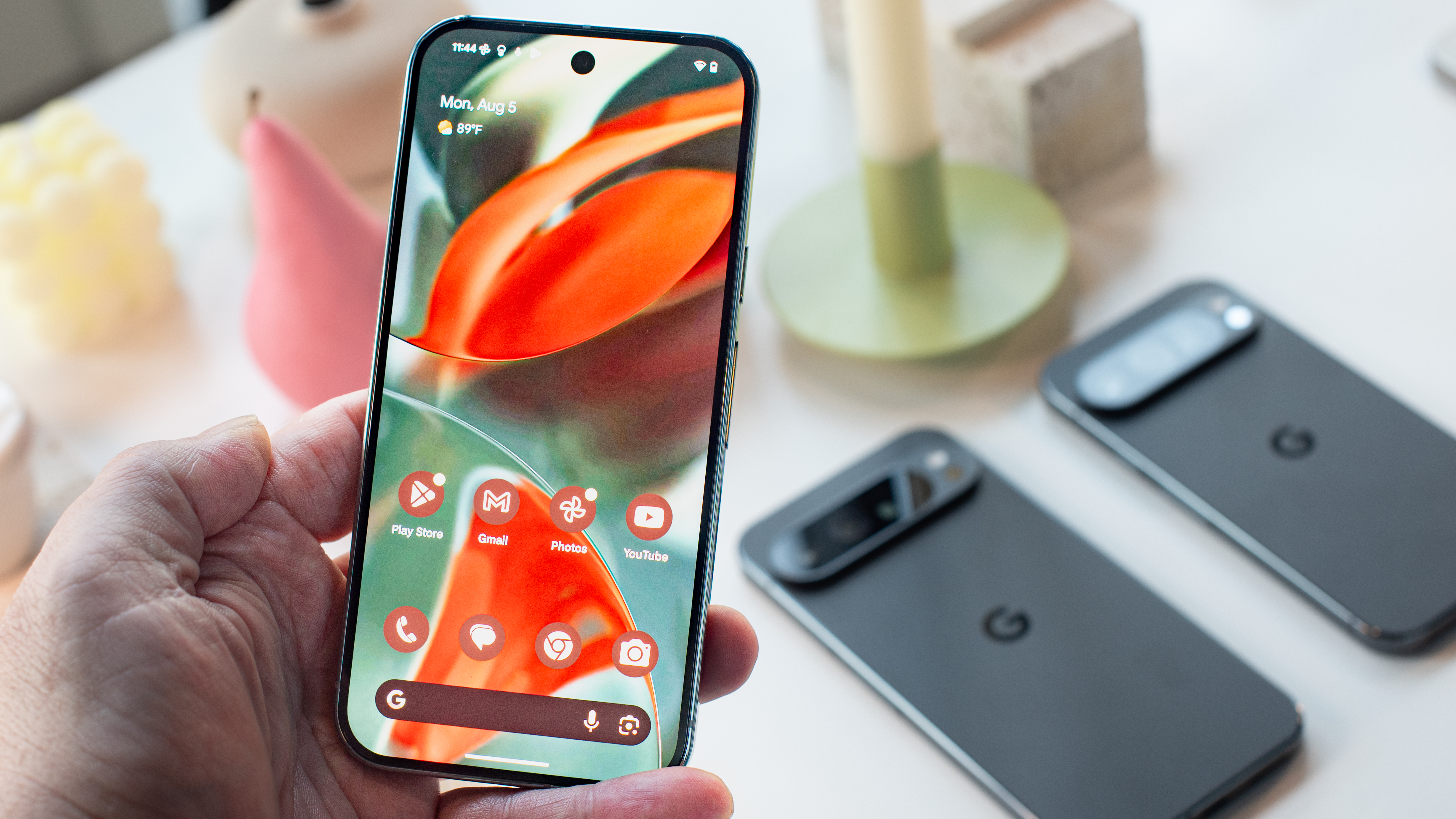
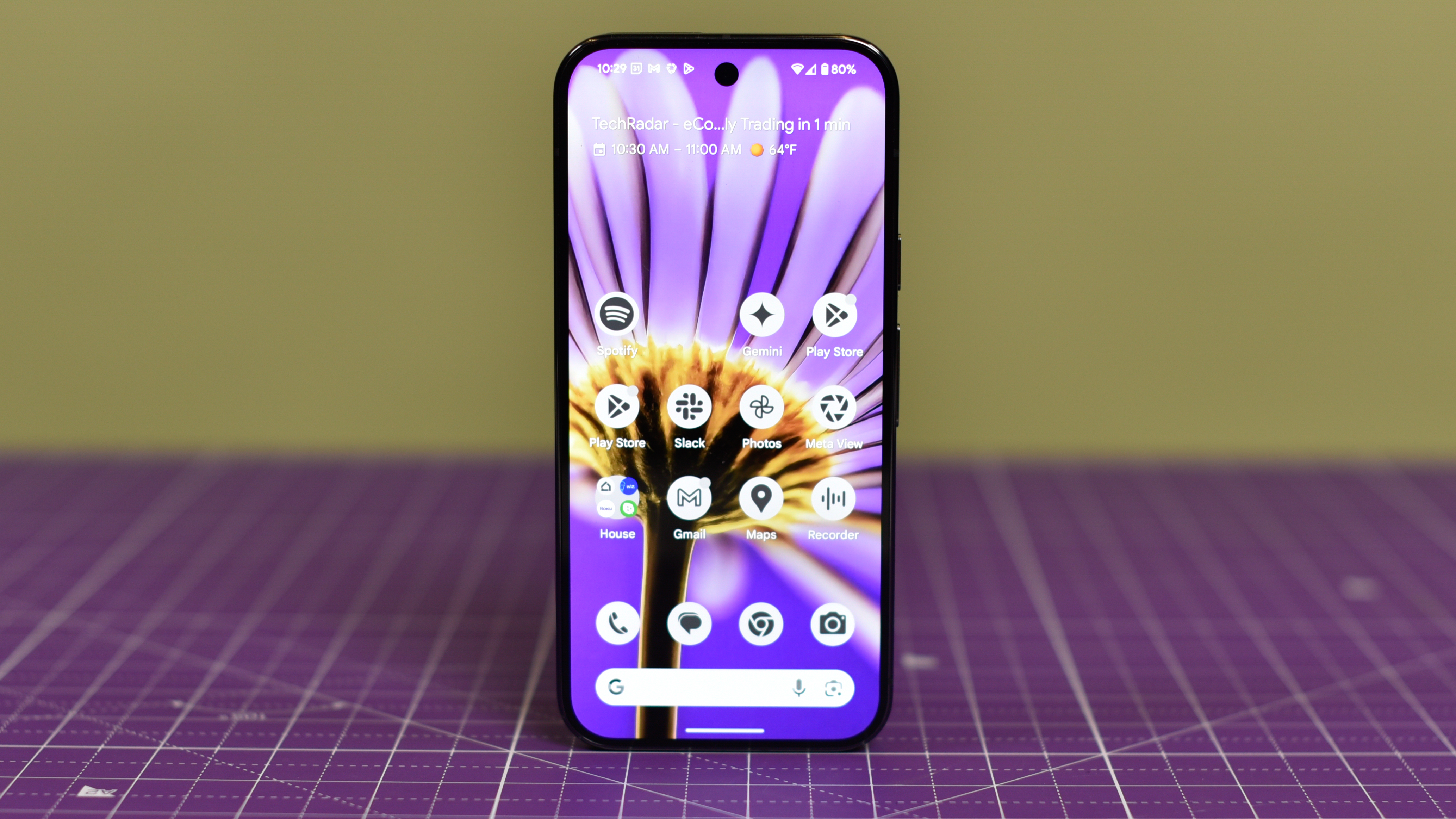
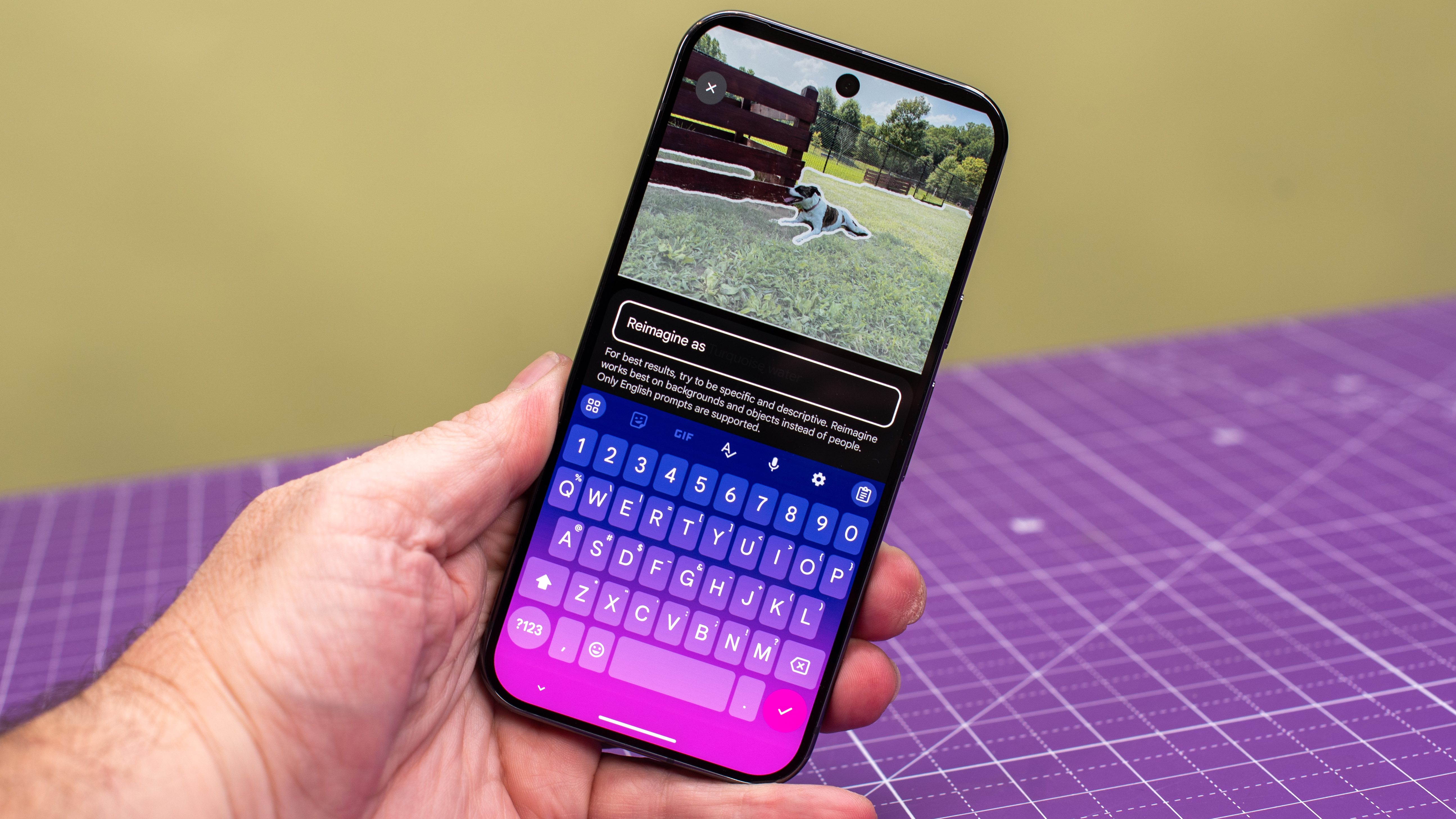
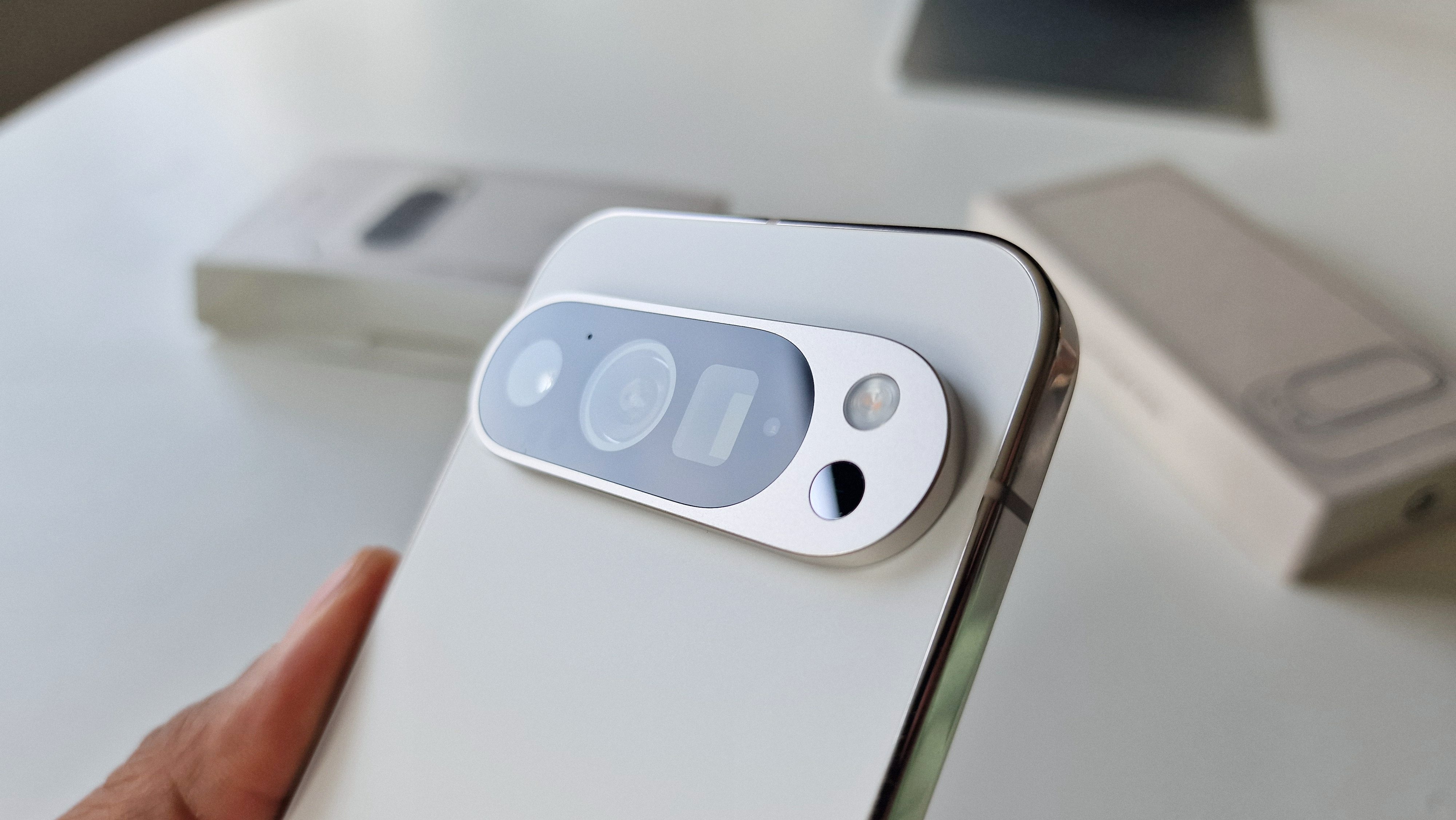
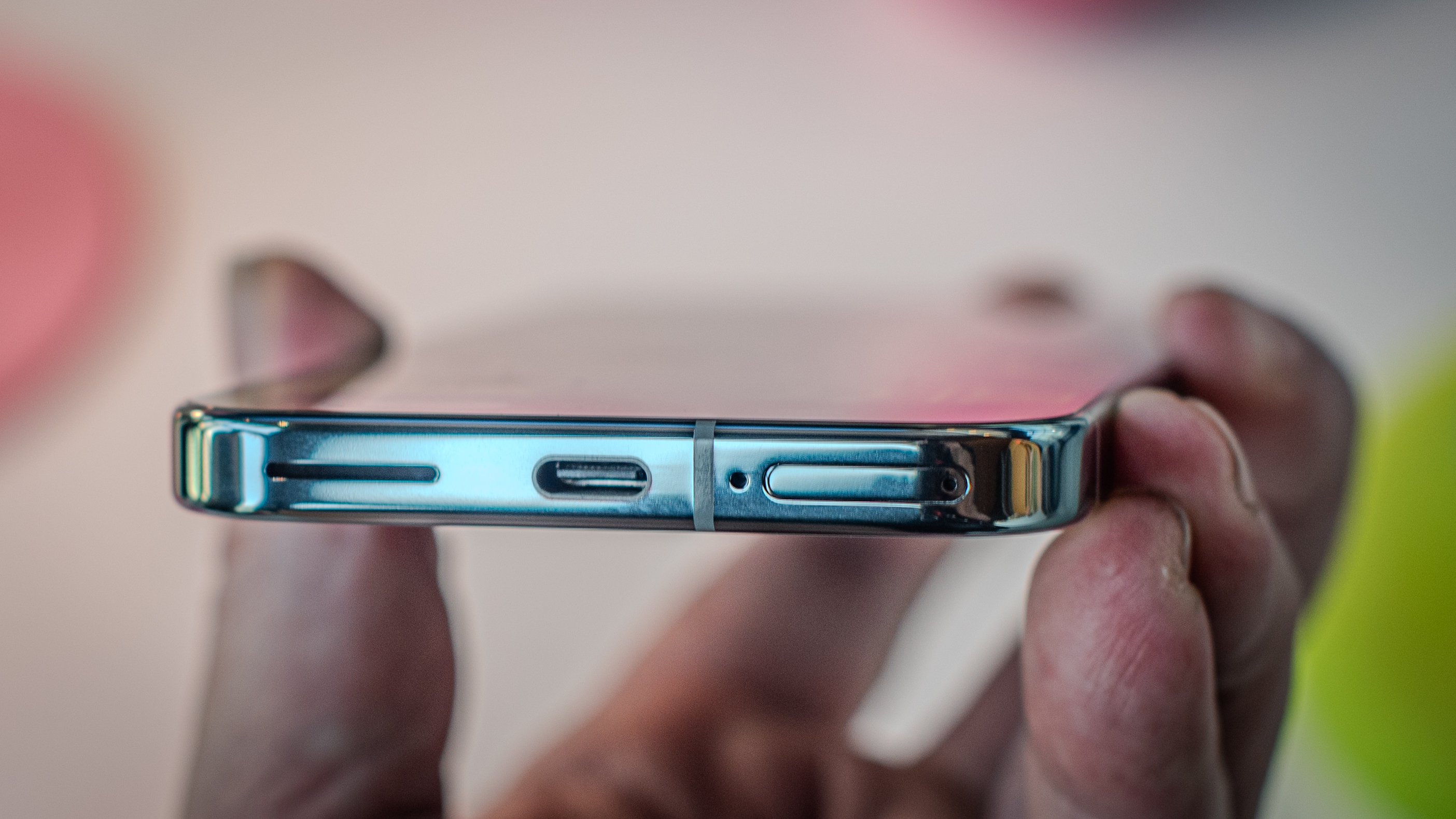
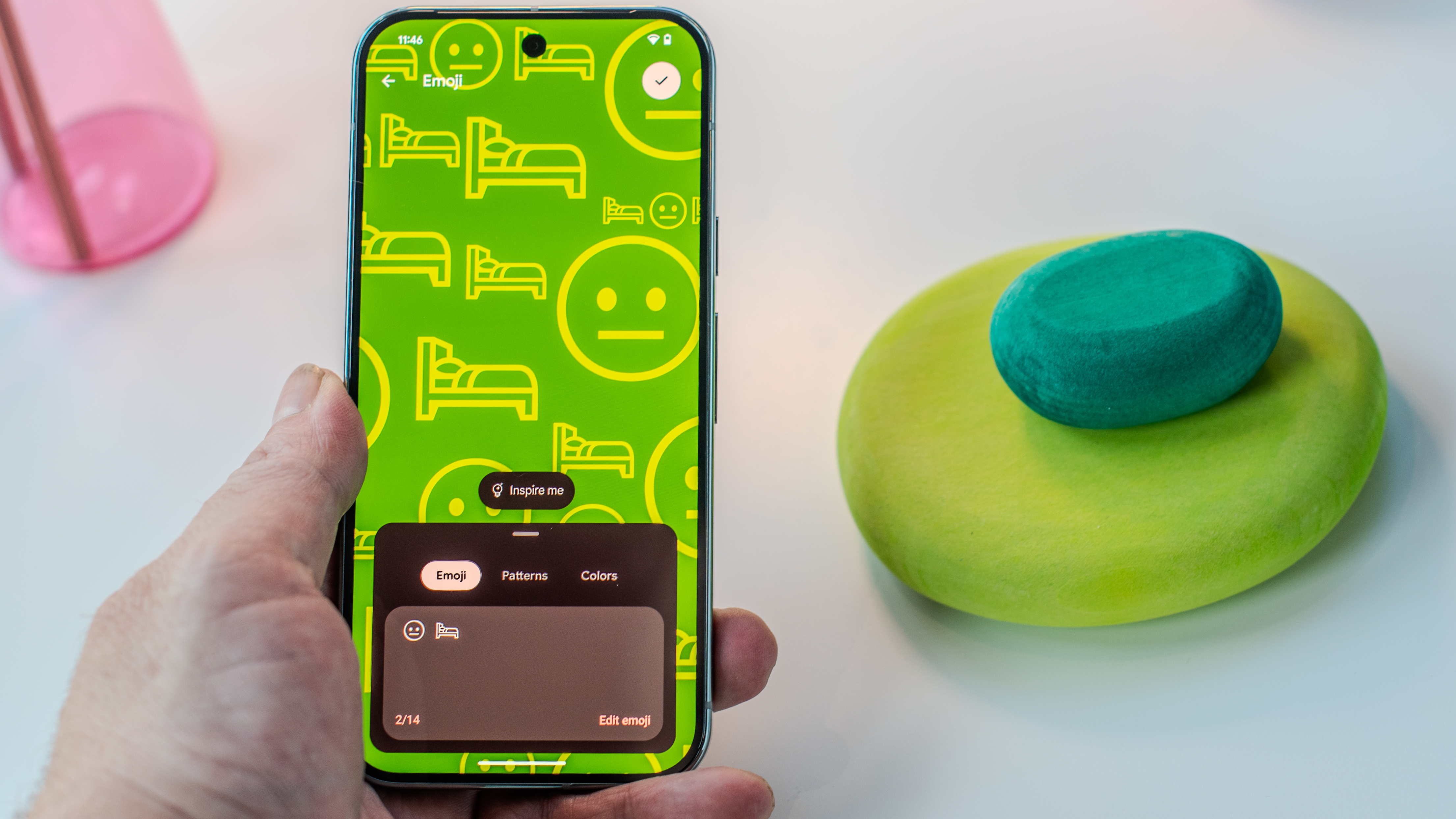
1. Pixel 9 Pro
Our expert review:
Specifications
Reasons to buy
Reasons to avoid
The Google Pixel 9 Pro shakes up the Pixel line. The first thing you notice is the look – the old camera bar has been swapped for this new rounded "pill" design. It feels sleek and modern. Plus, it's tougher this year with Gorilla Glass Victus 2 on the front and back. I also like that the regular Pixel 9 Pro and the Pro XL are basically the same phone except for size, so you just choose based on how big you like your screen.
Speaking of the screen: wow. Google calls it a Super Actua display, and honestly, it's incredibly bright and just looks fantastic. Colors really pop. It also has a smooth 1-120Hz refresh rate, which helps the always-on display not kill your battery. Trying to snap photos in bright sunlight wasn't an issue at all with this screen.
Camera-wise, it's classic Pixel – which is a good thing! Photos looked great, and they've added an AI trick called Video Boost that did seem to improve my videos. While maybe not the absolute champ for hardcore photo buffs, the Pixel 9 Pro is super reliable, and you get those unique AI editing features inside Google Photos that only Pixel phones have, which are fun to play with.
Performance lags behind the top-tier competition. Google promises seven years of updates, which sounds great for longevity, but we'll see how the chip holds up over time. On the plus side, battery life was solid. I had no trouble getting through a full day. I do wish it charged faster when I needed a quick top-up, though the bigger Pro XL model does charge quicker if that's a priority for you.
The Pixel 9 Pro is a bit pricey. However, Google throws in a free year of their Google One AI Premium plan (with 2TB of storage), which adds real value. Overall, it's a strong showing for Pixel with a killer screen and smart camera features, even if it has a few quirks.
The best Pixel cameras
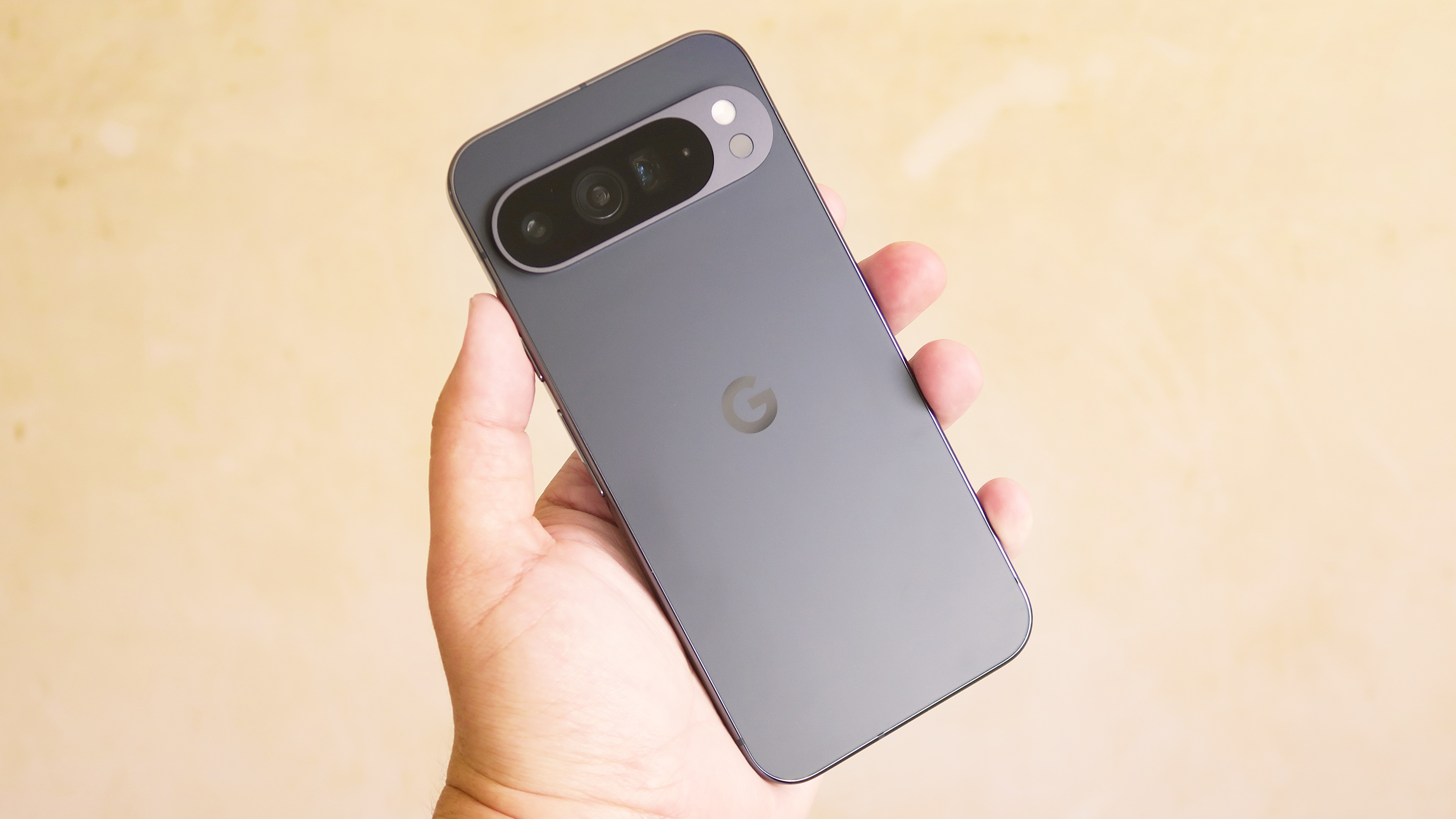
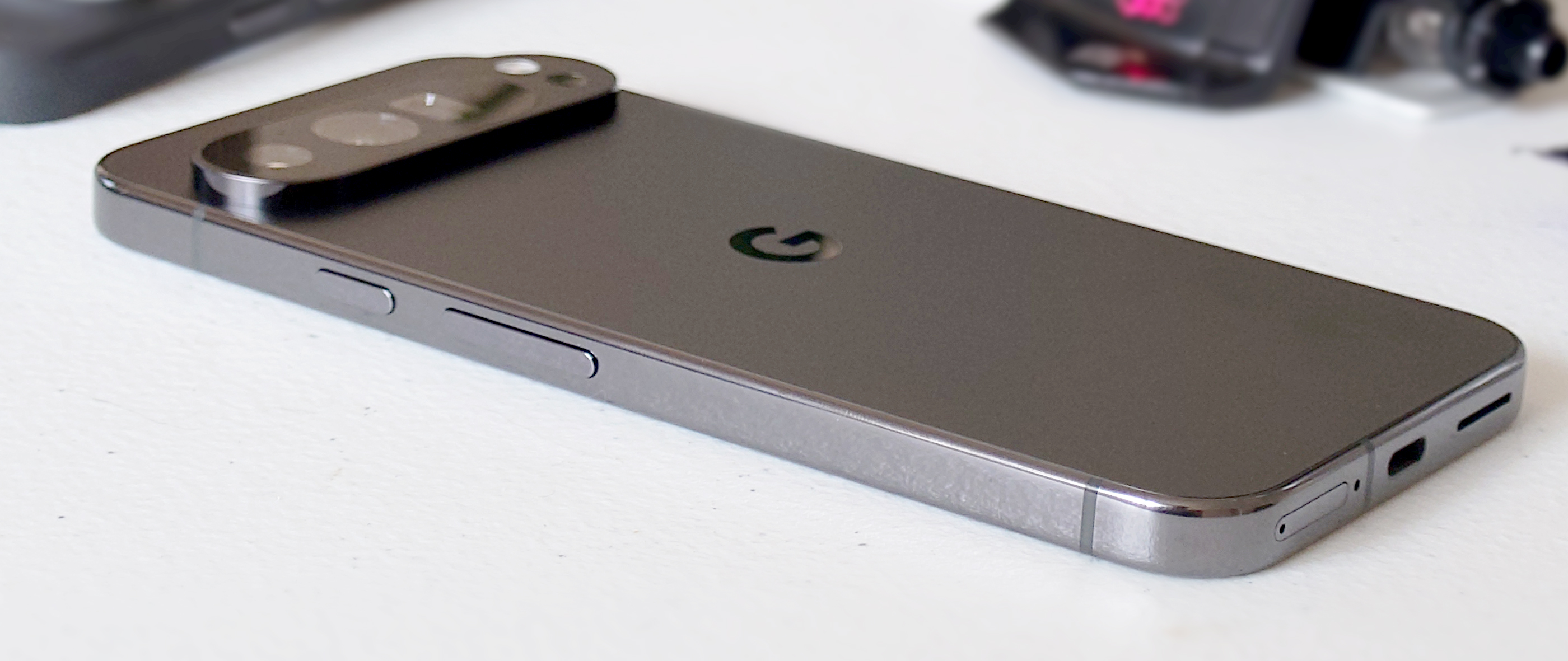
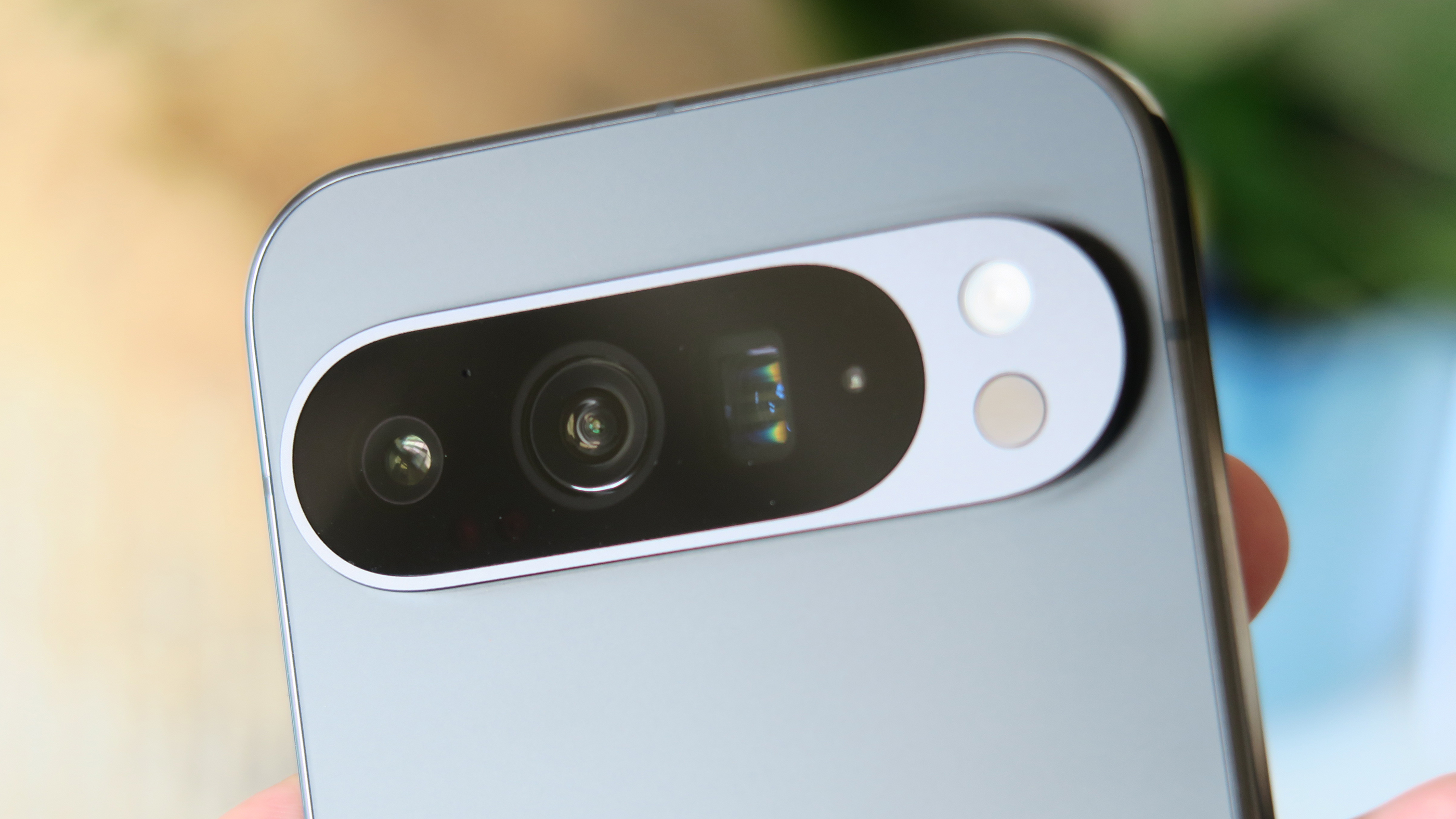
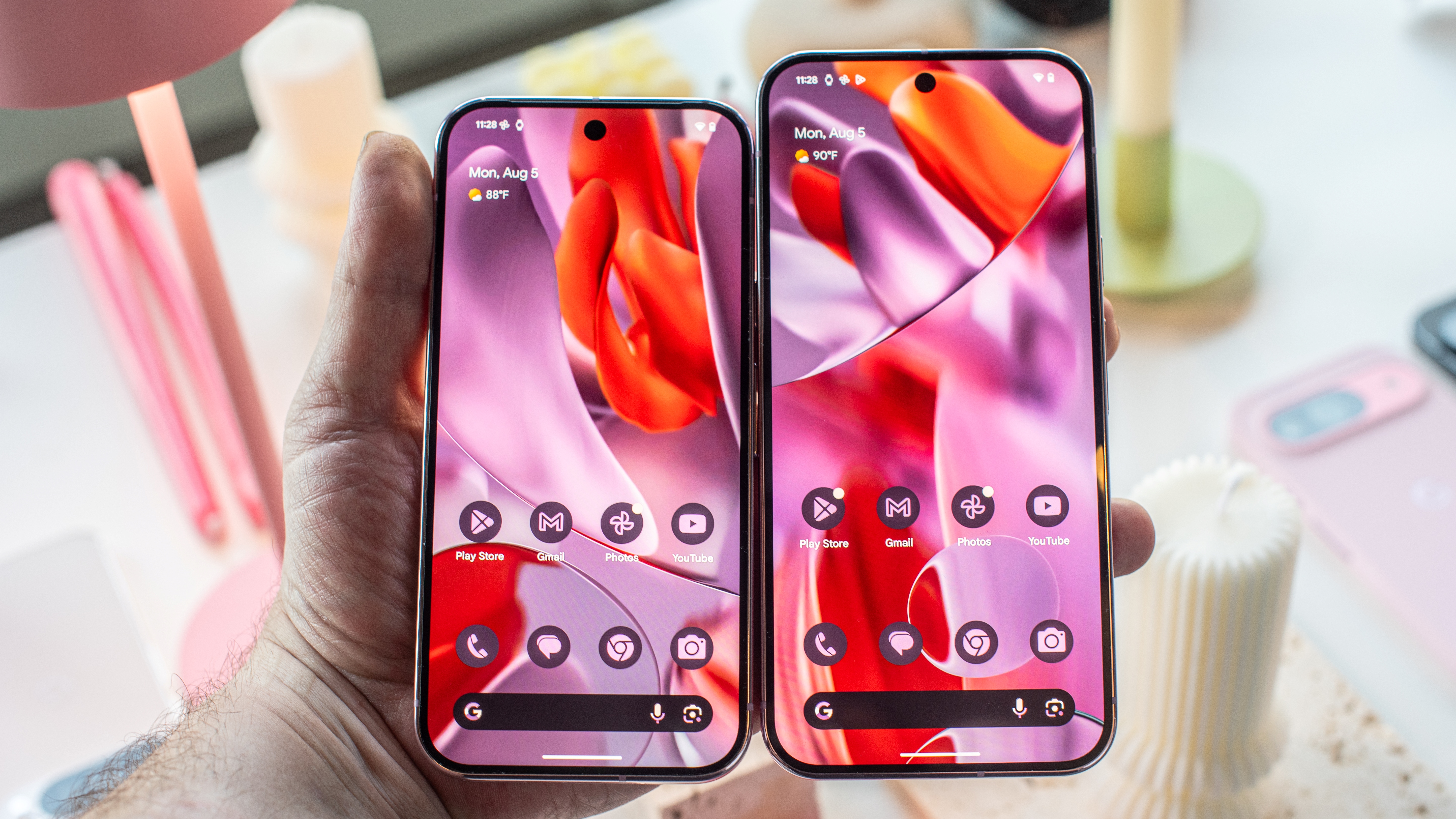
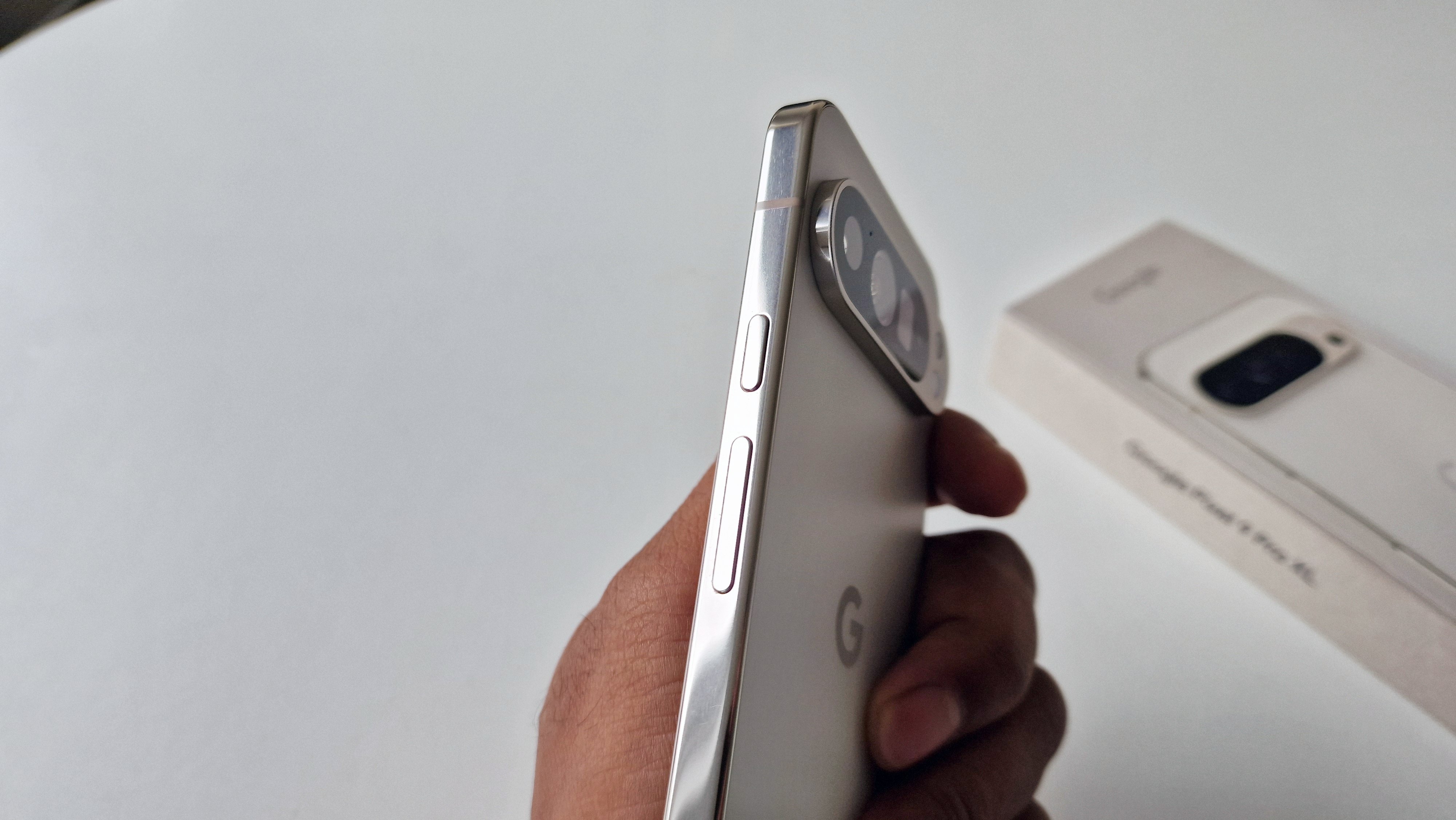
2. Pixel 9 Pro XL
Our expert review:
Specifications
Reasons to buy
Reasons to avoid
The Pixel 9 Pro XL has the fresh new Pixel design, with the sleek camera pill instead of the old bar look. Even with the makeover, it still felt like a Pixel during my review time with the phone, delivering on those things Google phones do well: useful AI, a really impressive camera, and a stunningly bright and vibrant display.
Seriously, the screen is fantastic – it gets incredibly bright, making it easy to use even when I was shooting photos outside in the sun, and the smooth 1-120Hz refresh rate is great. Even though the Pixel 9 Pro and Pixel 9 Pro XL have the exact same cameras, the larger display on the Pixel 9 Pro XL made it my go-to choice for photo work, which is why it's my favorite Pixel camera phone.
The cameras on the Pixel 9 Pro XL capture amazing photos – honestly, some of the best I’ve tested. I did find the camera controls felt a bit fidgety at times, but the end results were usually spot-on. When it comes to editing, the AI tools in Google Photos are way ahead of what you get on an iPhone or any other Android.
Surprisingly, Google's AI is also a standout. Even features found on other Android phones, like the recorder app that transcribes audio, just seemed to work much better and faster on this phone in my testing. For anyone prioritizing cutting-edge photography with an AI boost, the Pixel 9 Pro XL is my top recommendation.
Read our full Google Pixel 9 Pro XL review
The best Pixel for everybody
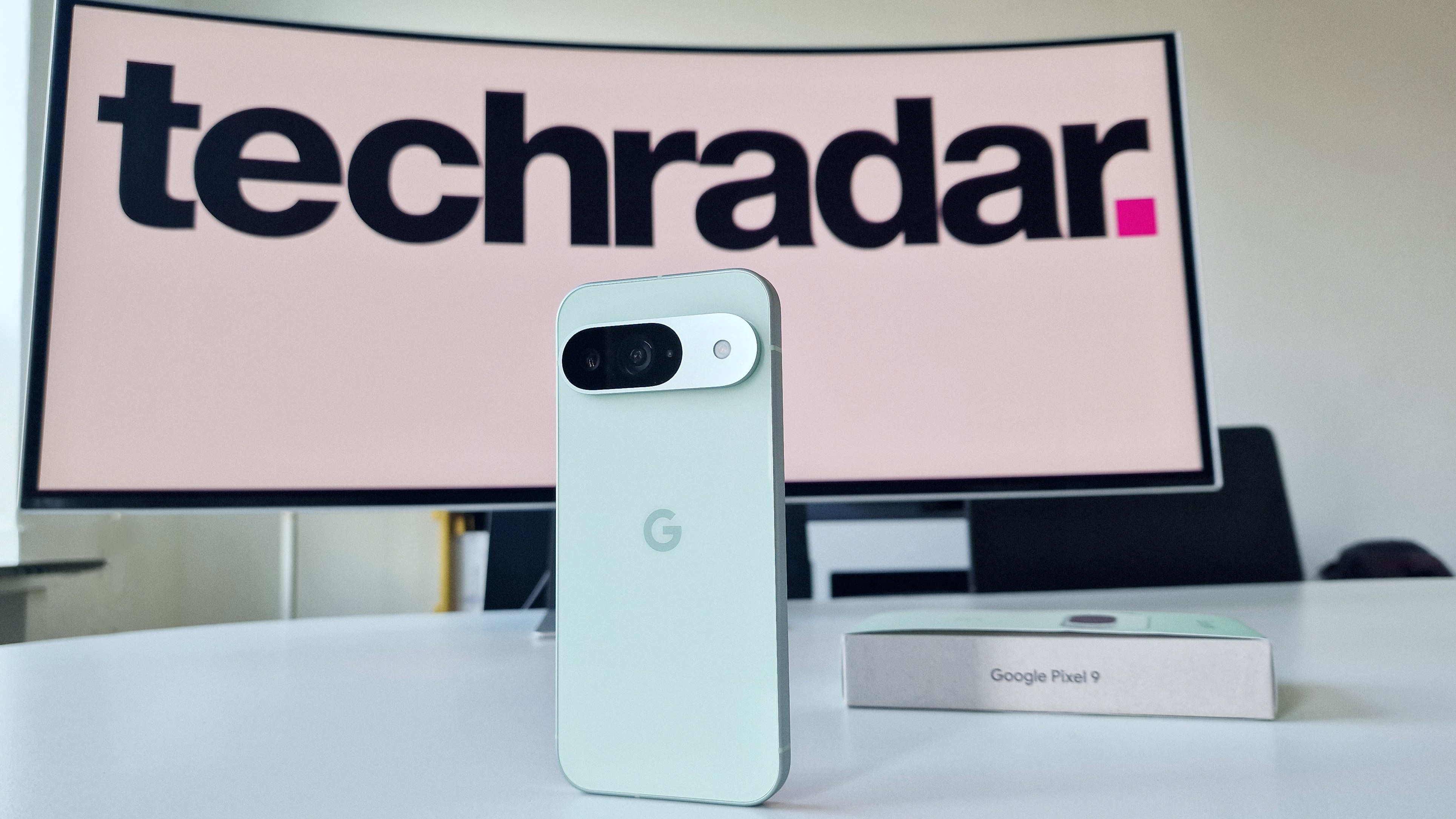
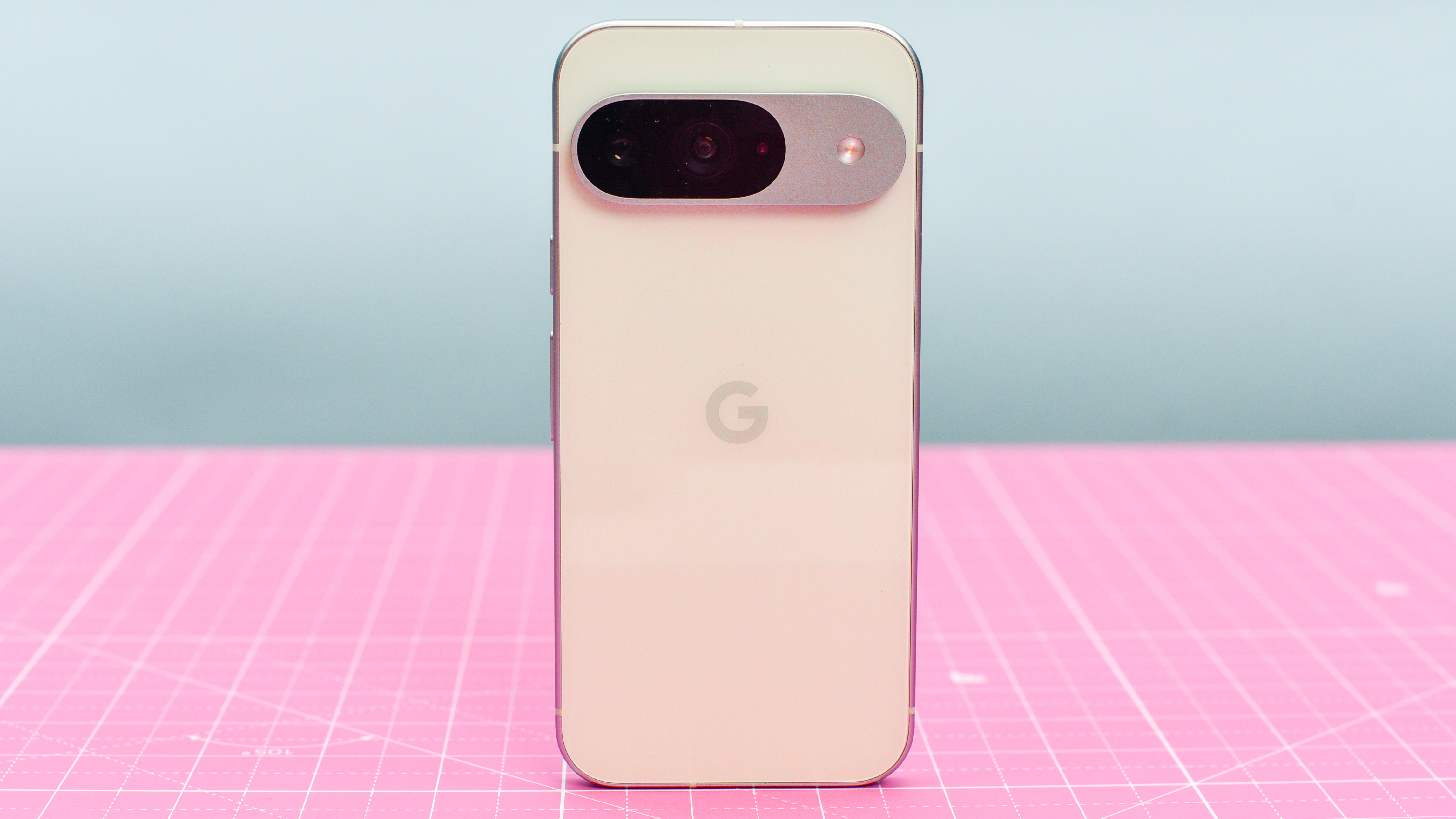
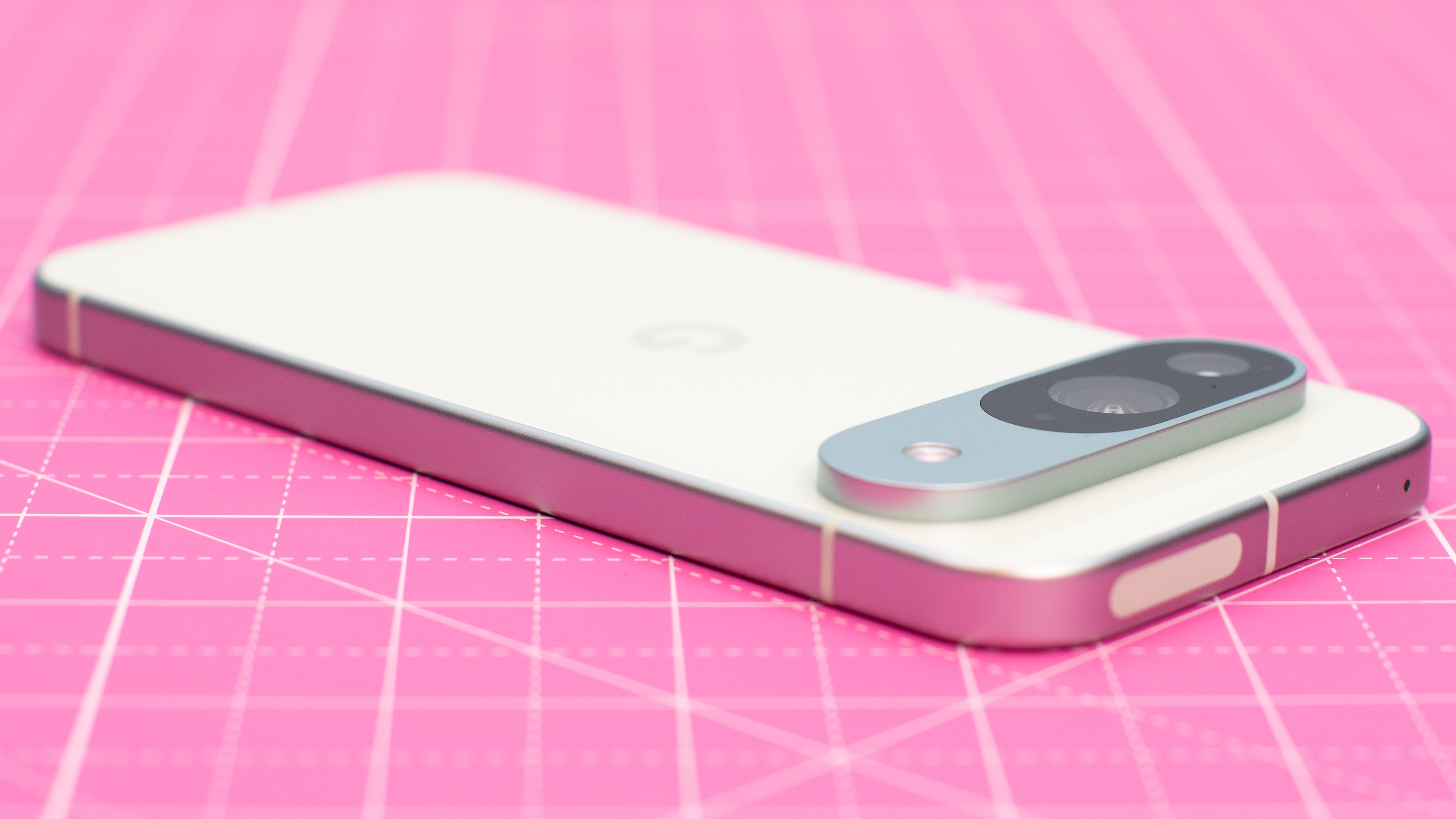
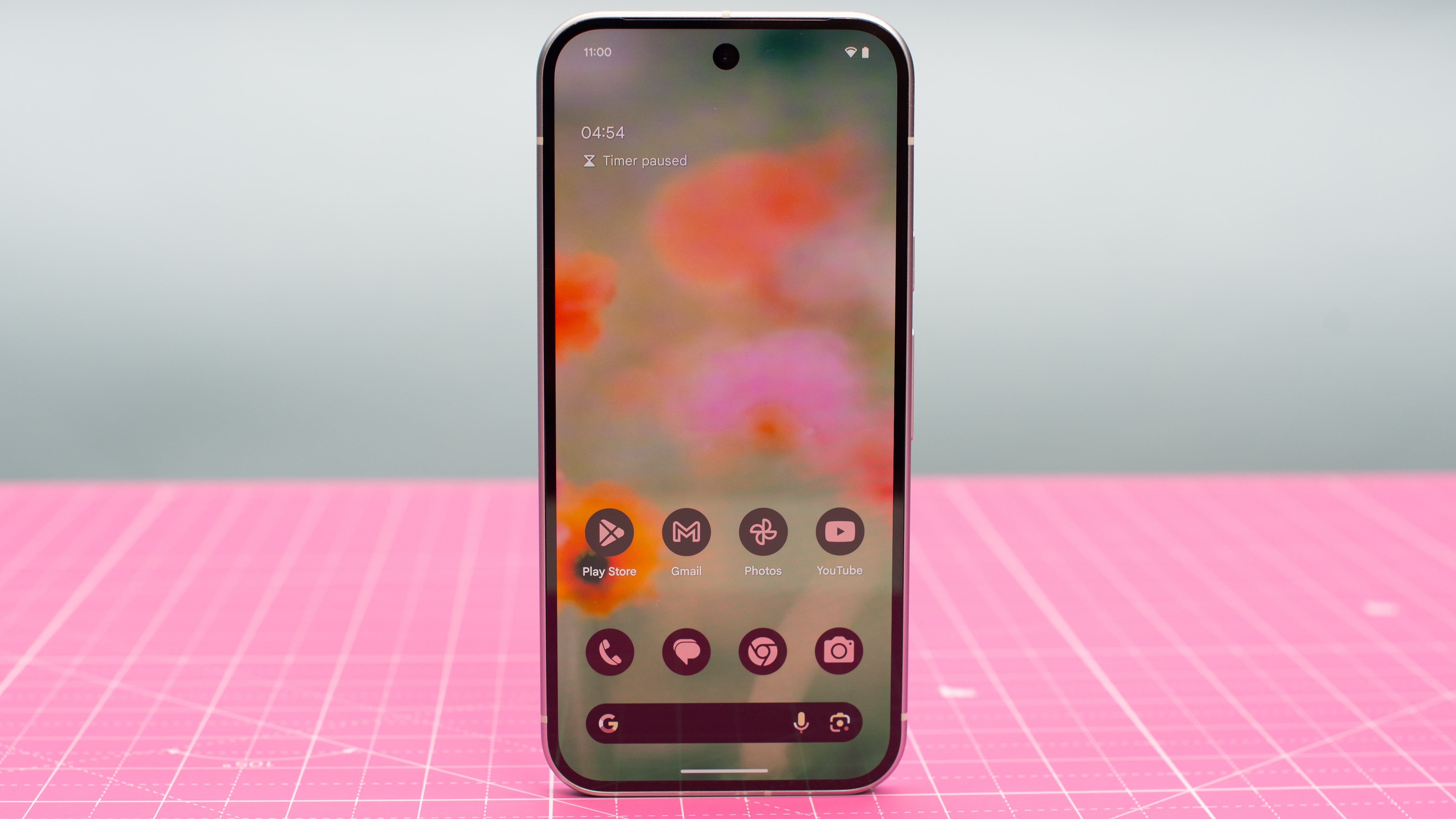
3. Pixel 9
Our expert review:
Specifications
Reasons to buy
Reasons to avoid
The Google Pixel 9 is the easiest Pixel to recommend, because it offers the performance of the Pixel 9 Pro, with the promise of seven years of Android updates, for hundreds less. The Pixel 9 showcases Google's striking new Pixel design and offers appealing color choices, like Peony, which I find even more vibrant than the Pro model colors.
Powered by the same Google Tensor G4 processor as the Pro version, the Pixel 9 also delivers high-quality photos that are comparable to the Pro model's output, despite the lack of a dedicated zoom lens. Images are captured at a practical 12MP resolution, suitable for easy sharing, and video recording quality is also excellent.
While the Pixel 9 Pro includes a year of premium AI services, Google has made its Gemini Live conversational AI available for free on all Pixel 9 devices. It has all of the best Google AI features, including the new Screenshots app, which is absent from the cheaper Pixel 9a. If you want all of the best of Google's Pixel world for the best price, the Pixel 9 is your top choice.
Read our full Google Pixel 9 review
The best Pixel for work
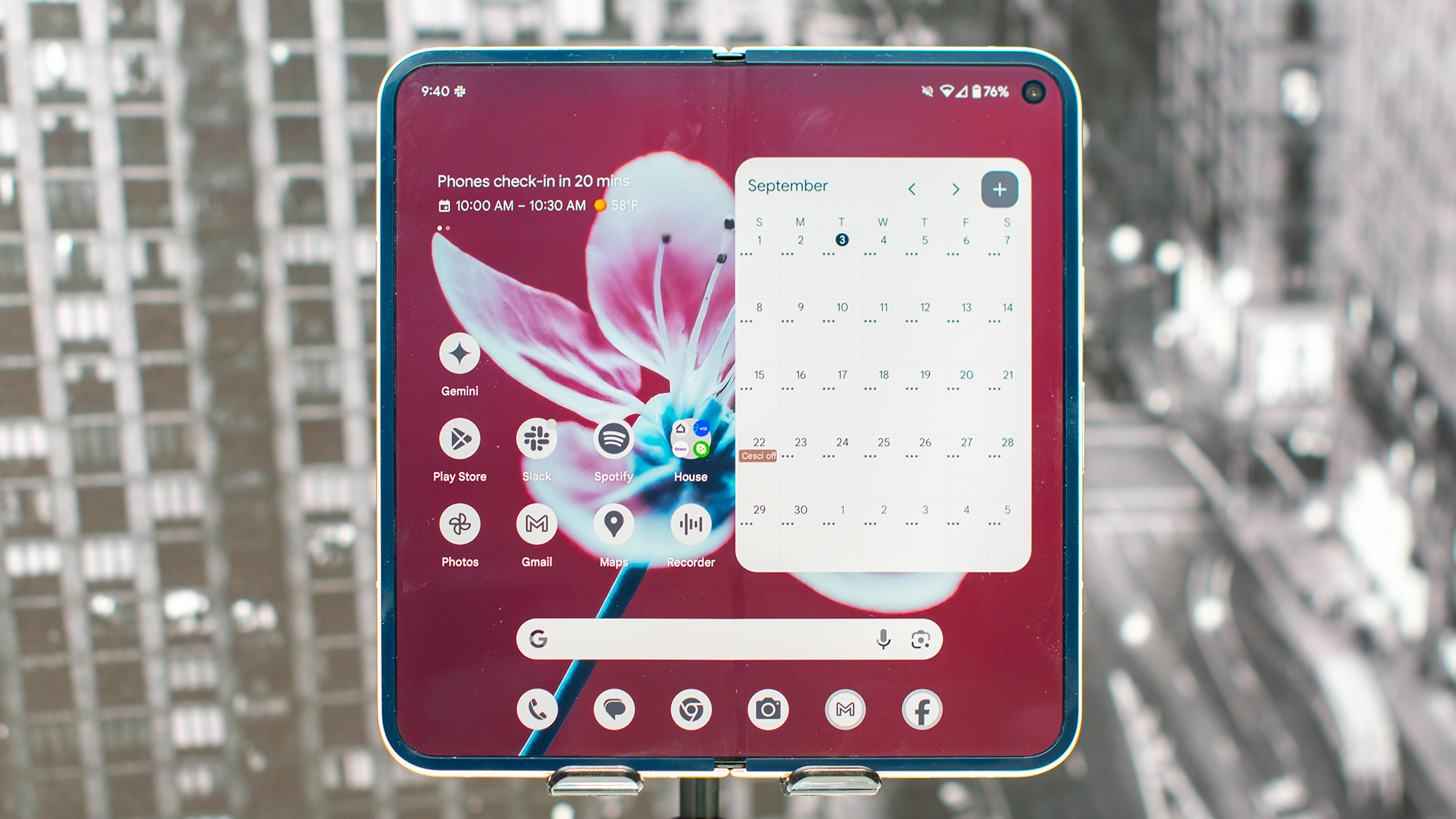
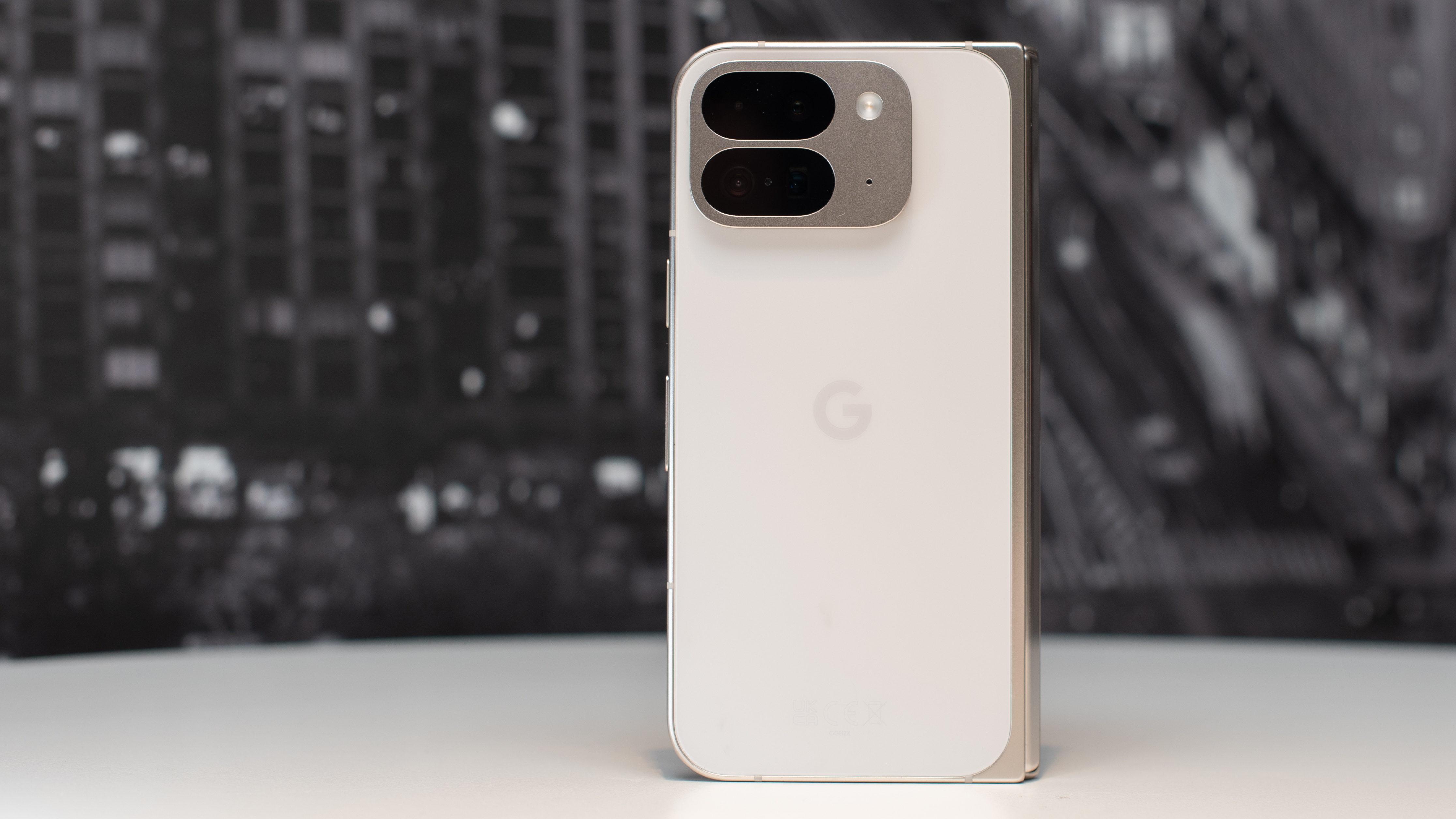
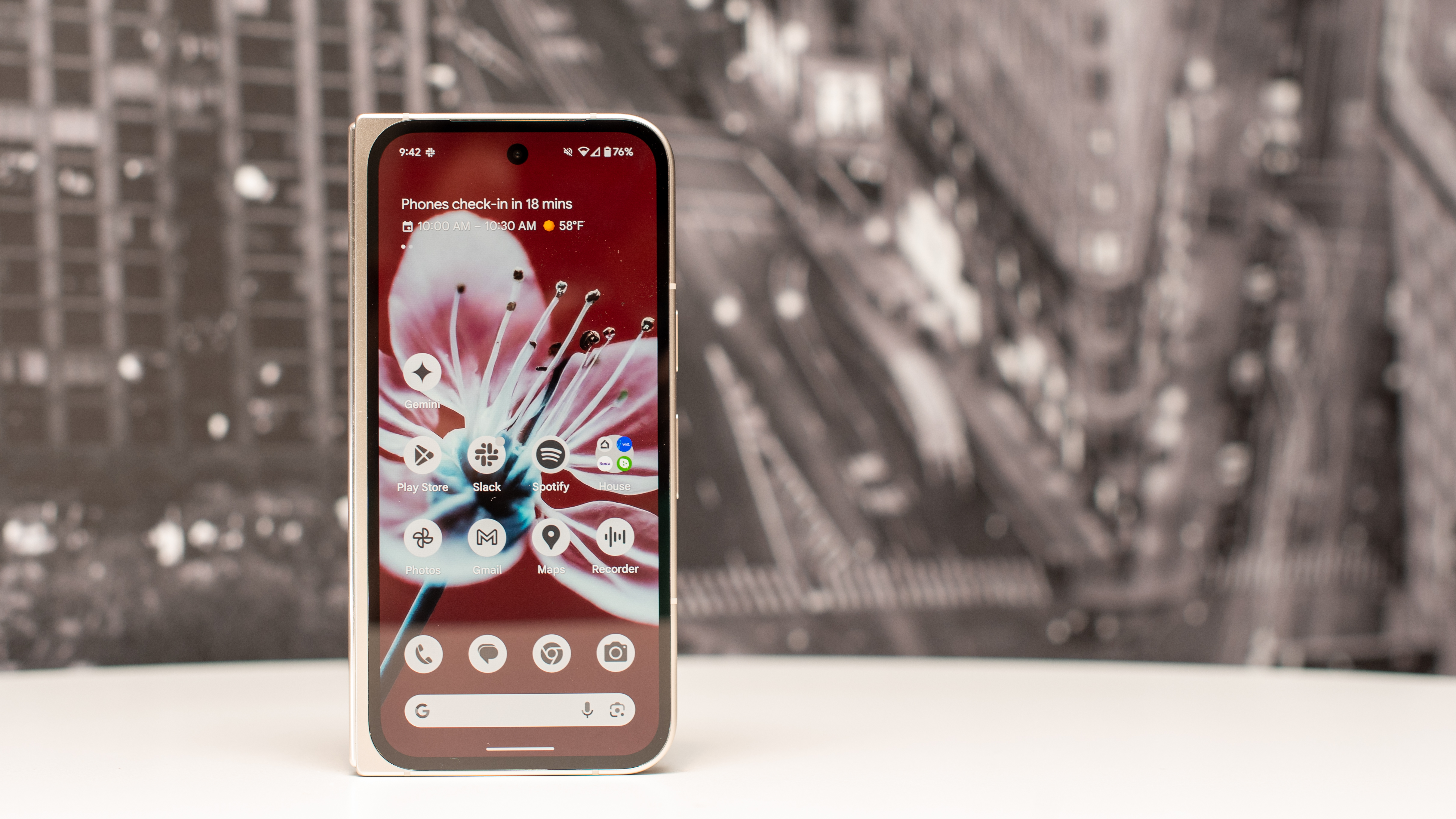
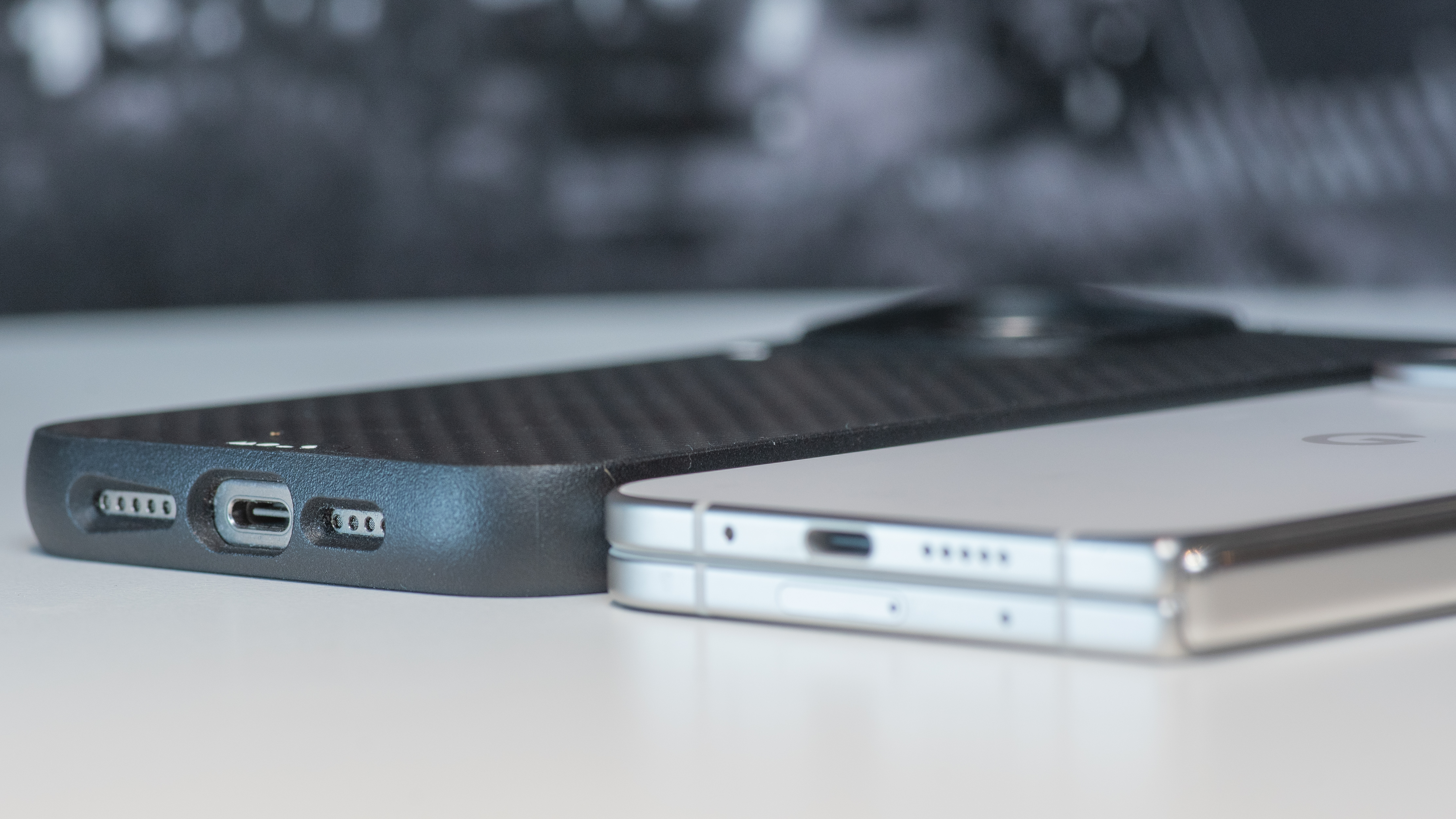
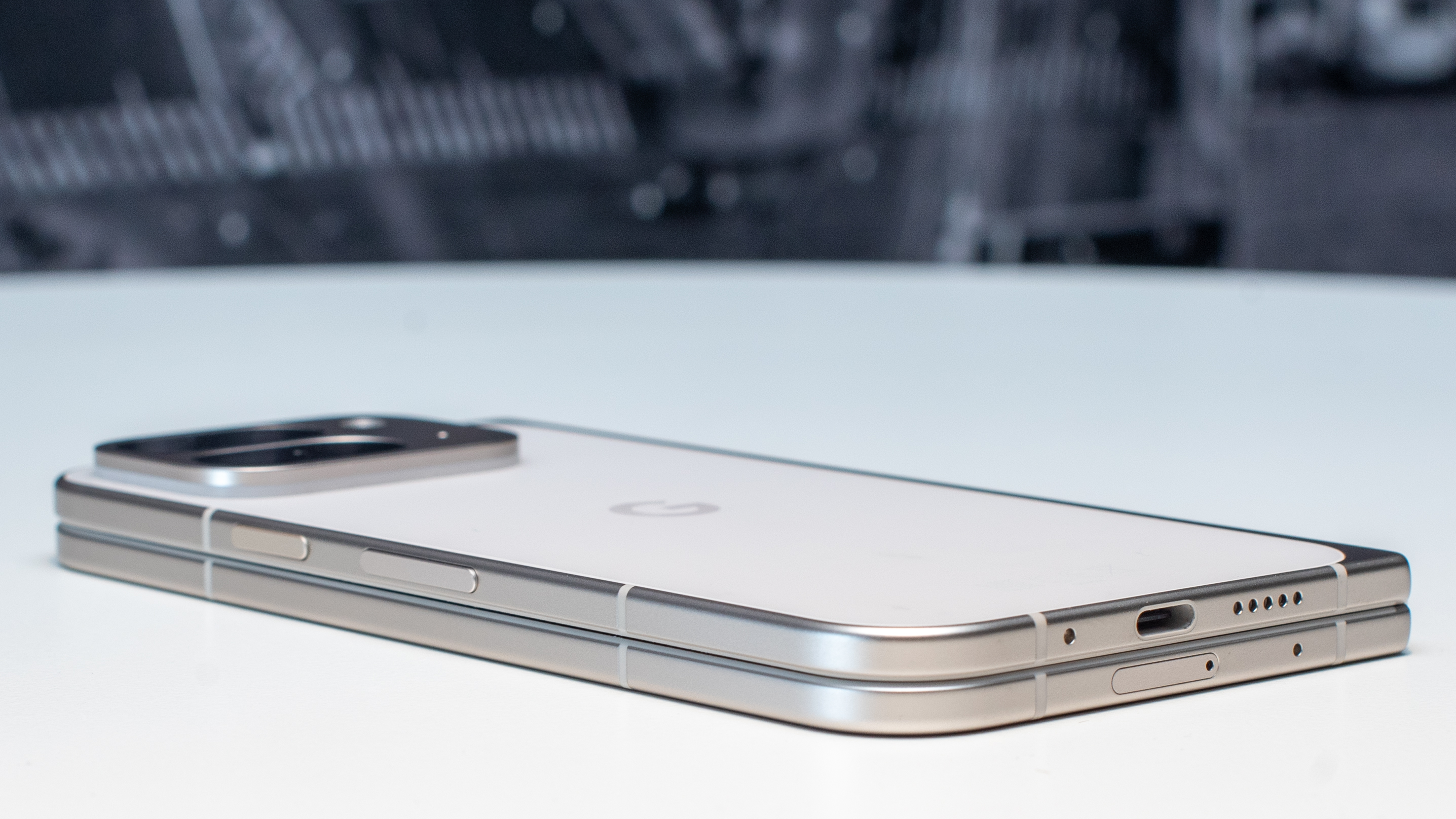
4. Pixel 9 Pro Fold
Our expert review:
Specifications
Reasons to buy
Reasons to avoid
The Pixel 9 Pro Fold offers a seamless user experience, and it feels natural whether I use it open or closed. Its cover display is sized perfectly, just like a standard Pixel 9 screen, so I can do everything I need without unfolding the big screen inside.
Opening the Pixel 9 Pro Fold reveals its major advantage for productivity: an exceptionally large inner display, which was the largest available in a foldable at launch. This expansive screen real estate is ideal for multitasking, viewing documents or spreadsheets in detail, and reviewing presentations effectively. Also, it's fun for games, but don't tell the boss.
The Pixel 9 Pro Fold has most of Google's advanced AI features, which might offer benefits for professional users. These capabilities can streamline workflows, assisting with tasks like transcription, translation, or summarizing your notes for dissemination. The Pixel 9 Pro Fold serves as a prime platform for leveraging Google's latest AI advancements in a work setting.
In terms of processing power, the Pixel 9 Pro Fold may not match every competitor, like the Samsung Galaxy Z Fold 6. However, the Pixel 9 Pro Fold's blend of a larger cover screen, a huge productivity-enhancing inner display, access to advanced AI features, and an incredibly slim design makes it a compelling foldable for professionals.
Read our full Google Pixel 9 Pro Fold review
The best Pixel under $500
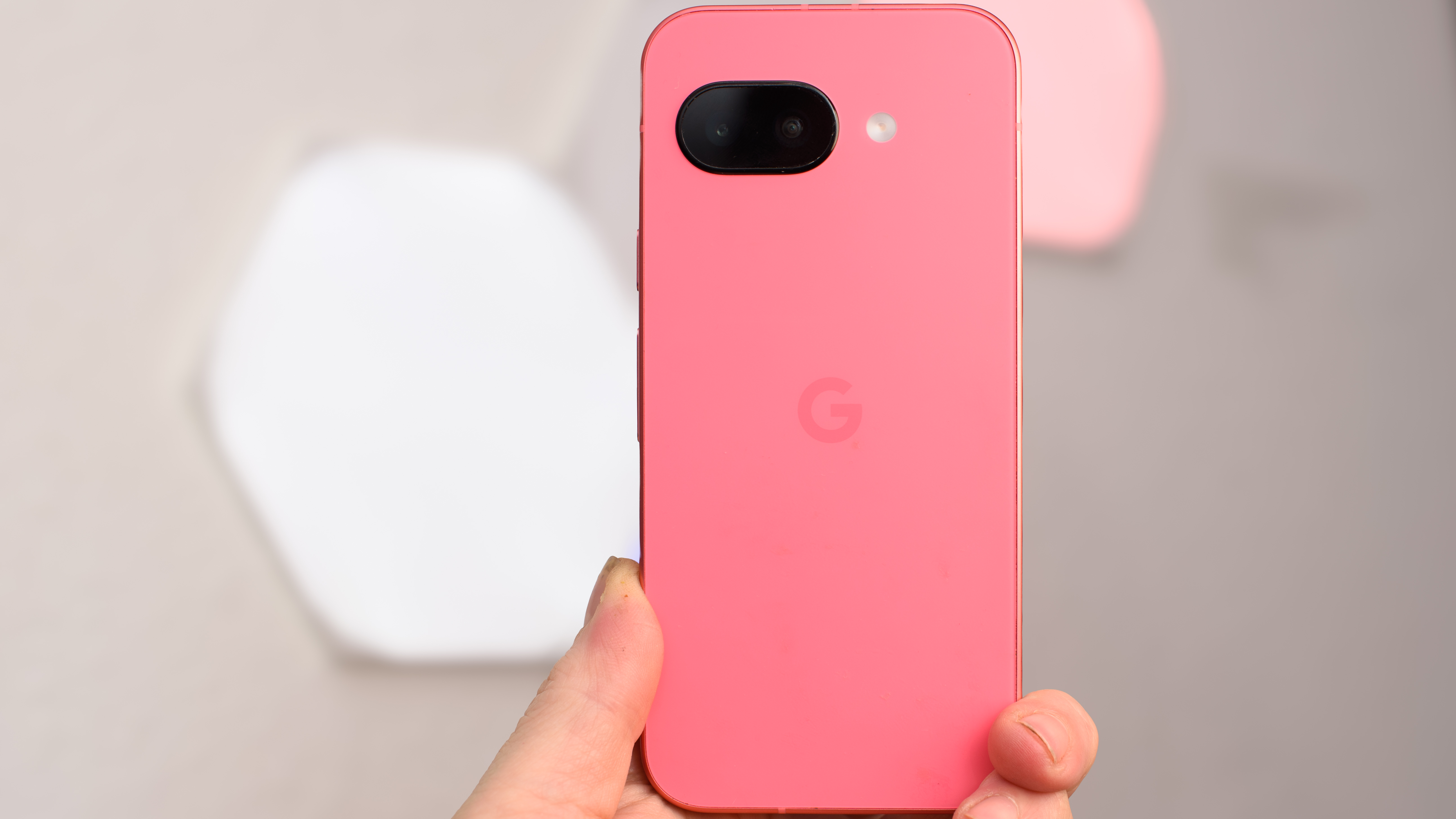
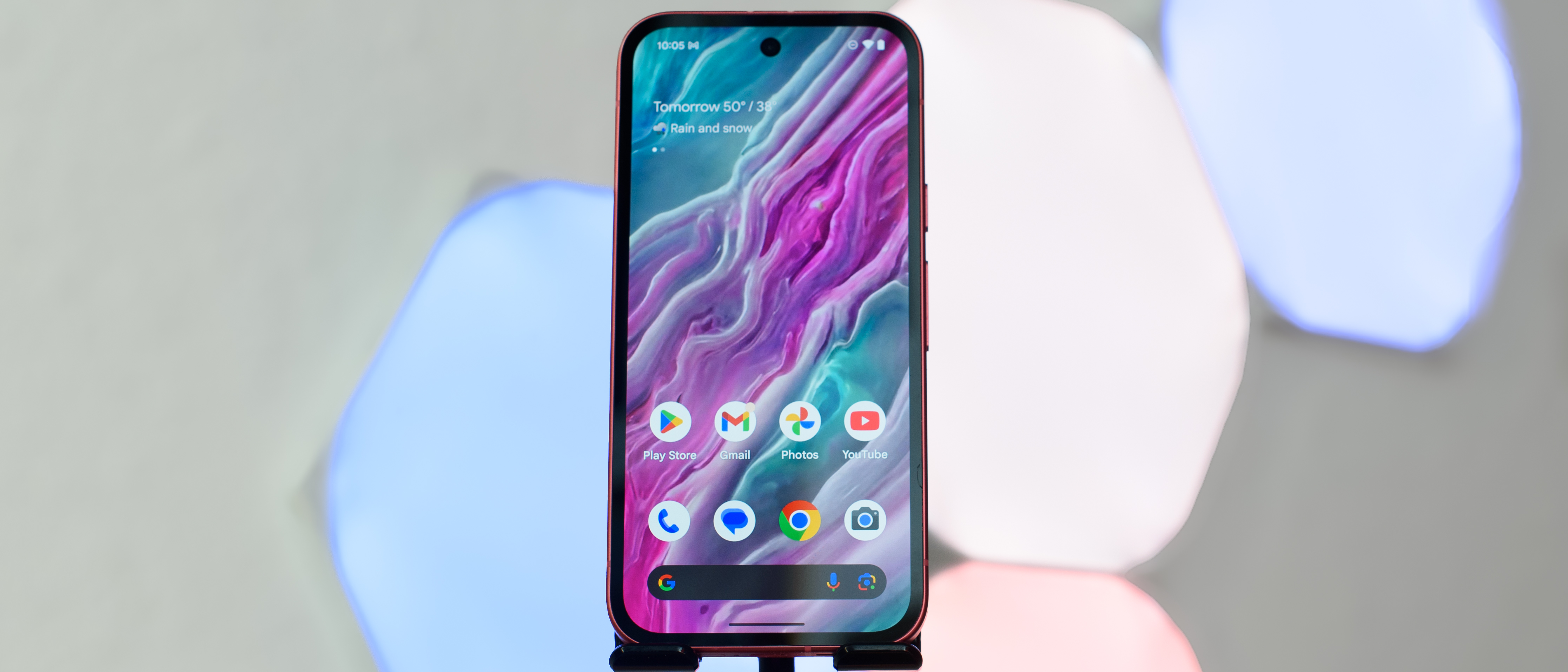
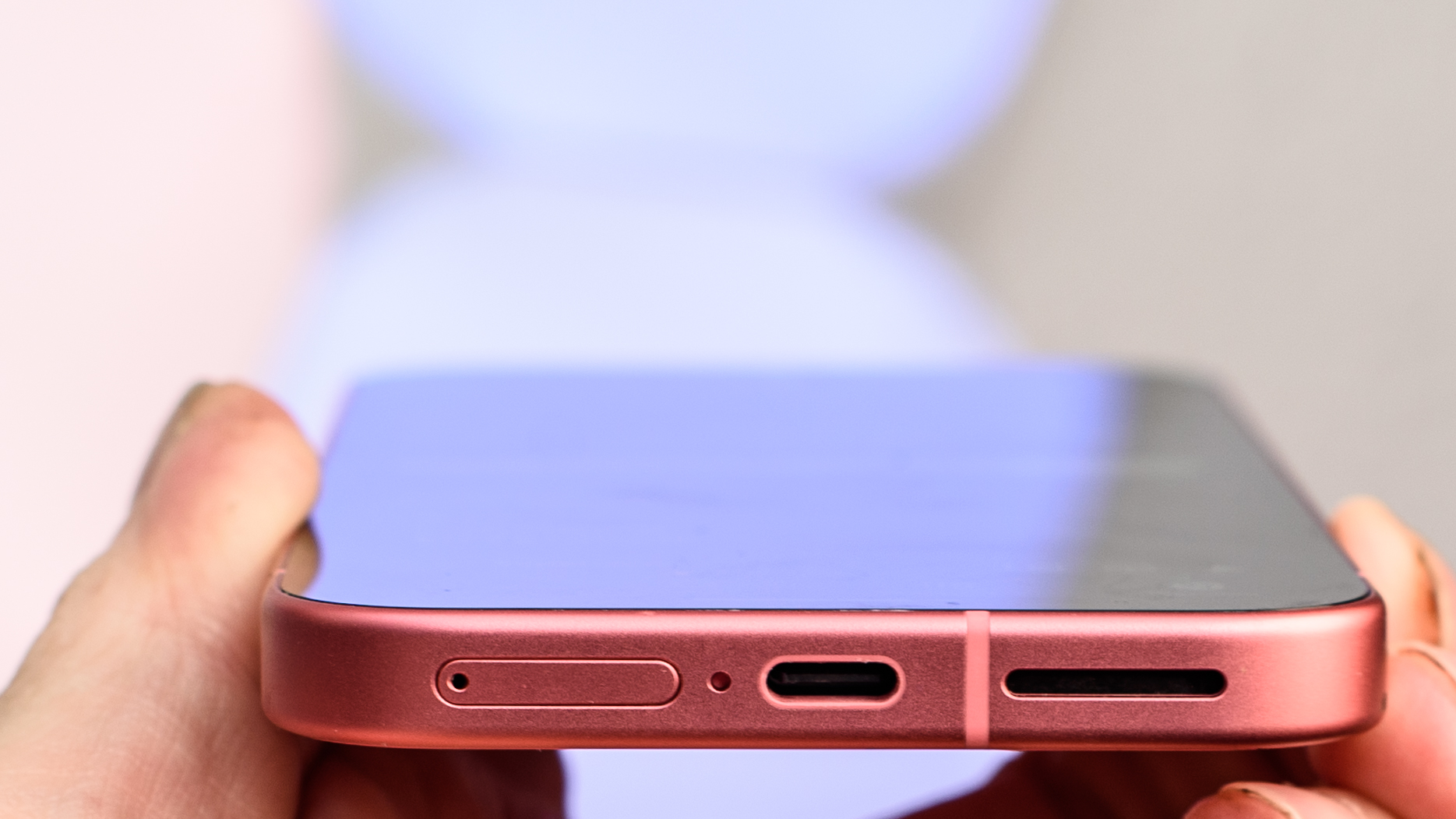
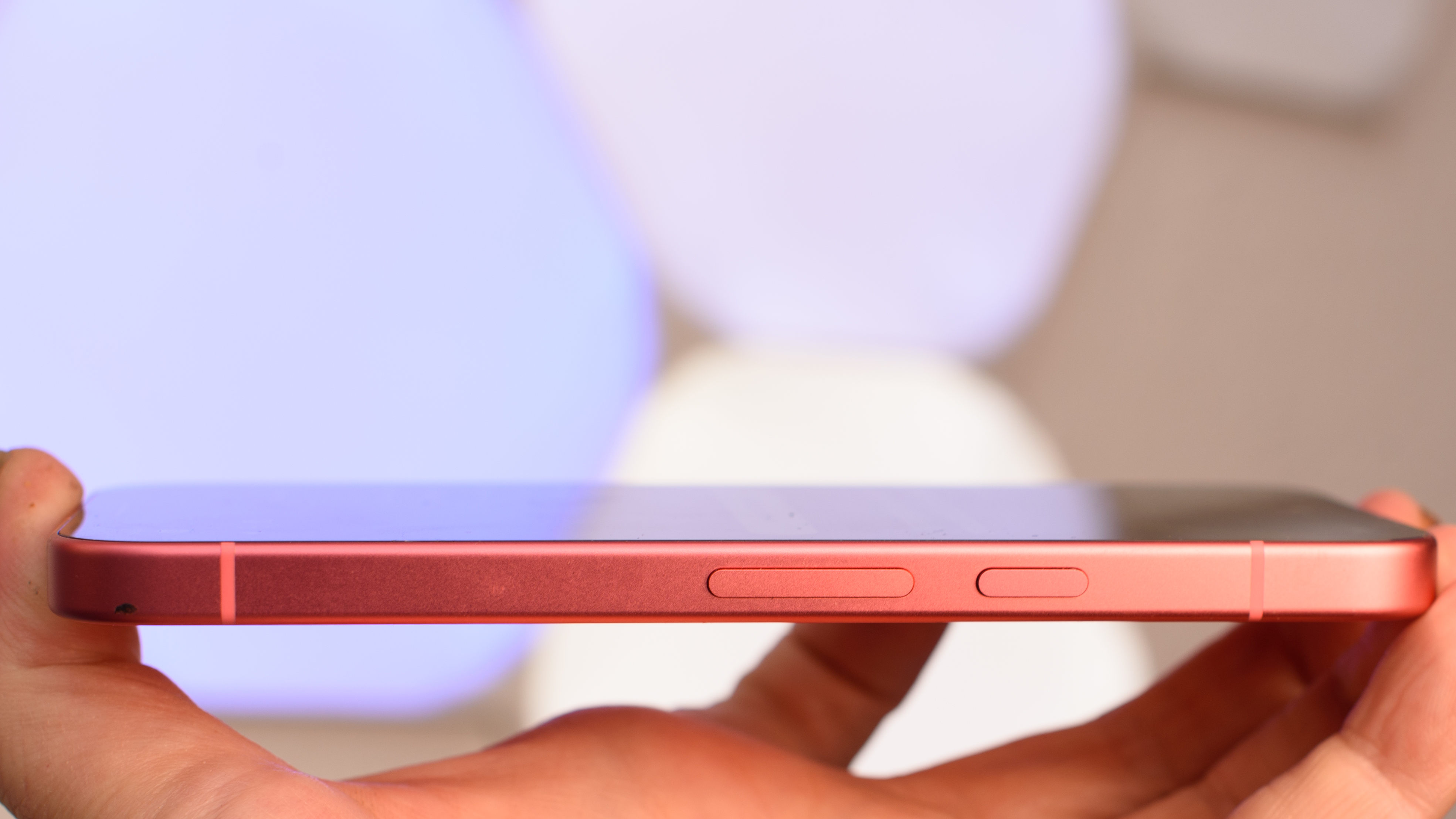
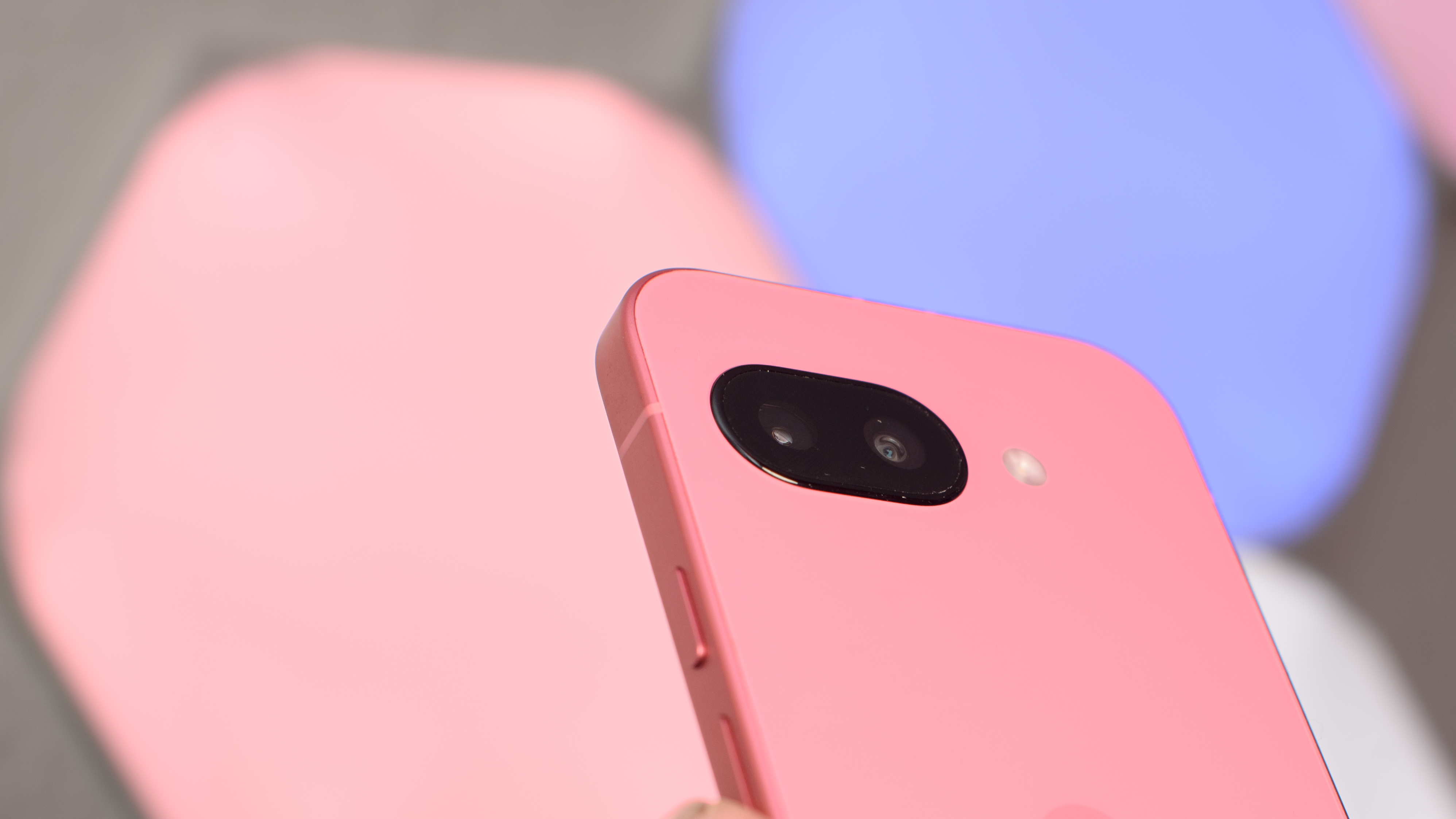
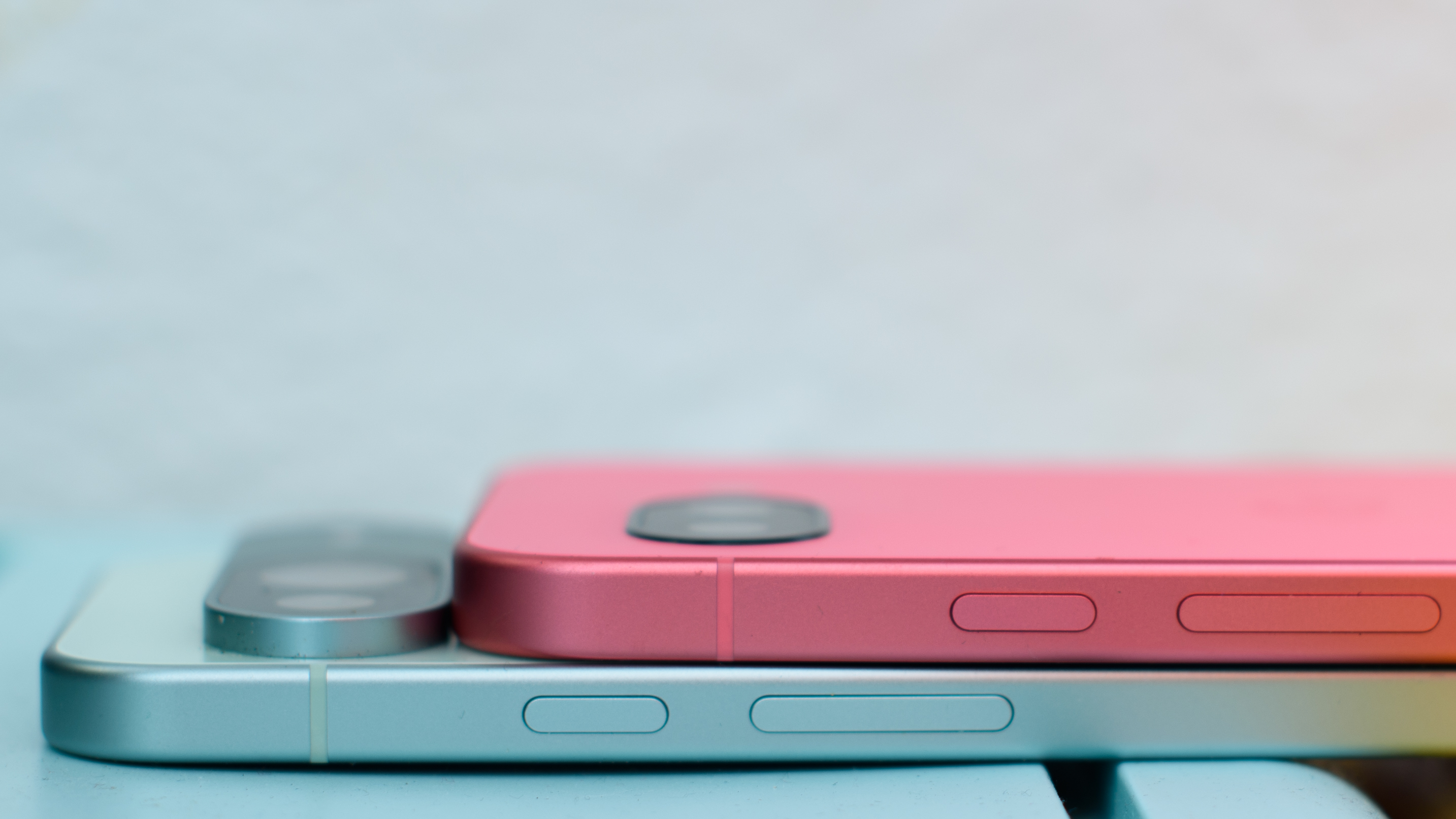
5. Pixel 9a
Our expert review:
Specifications
The new Pixel 9a stands out as the value champion in the Pixel 9 family, making it an easy recommendation for anyone seeking a dependable, straightforward Android phone that excels at the essentials. If you want a phone that will "just work" for a long time, while still delivering core Pixel strengths, the Pixel 9a is a compelling choice.
Performance is solid, thanks to the inclusion of the same Google Tensor G4 processor found in the more expensive Pixel 9 Pro. You get Google's refined and easy-to-use version of Android 15, enhanced by the many clever AI features Pixels are known for. Tools like AI call screening and best-in-class voice recording transcription were incredibly convenient in my review time with this phone.
Crucially, Google promises seven years of major Android OS and security updates, offering industry-leading software support and longevity in this price bracket.
Where the Pixel 9a truly punches above its weight is the camera. The colors are accurate and vibrant. Its standout feature, however, is the astonishingly capable new macro photography mode. The level of close-up detail achieved rivals much more cameras, providing a genuinely impressive tool for creative shots.
If you want a fantastic value, a great camera (especially for macro), useful AI smarts, and long-term software support, and you don't mind owning the ugliest Pixel phone of all time, the Pixel 9a is a top contender within the Pixel lineup.
The best cheap Pixel
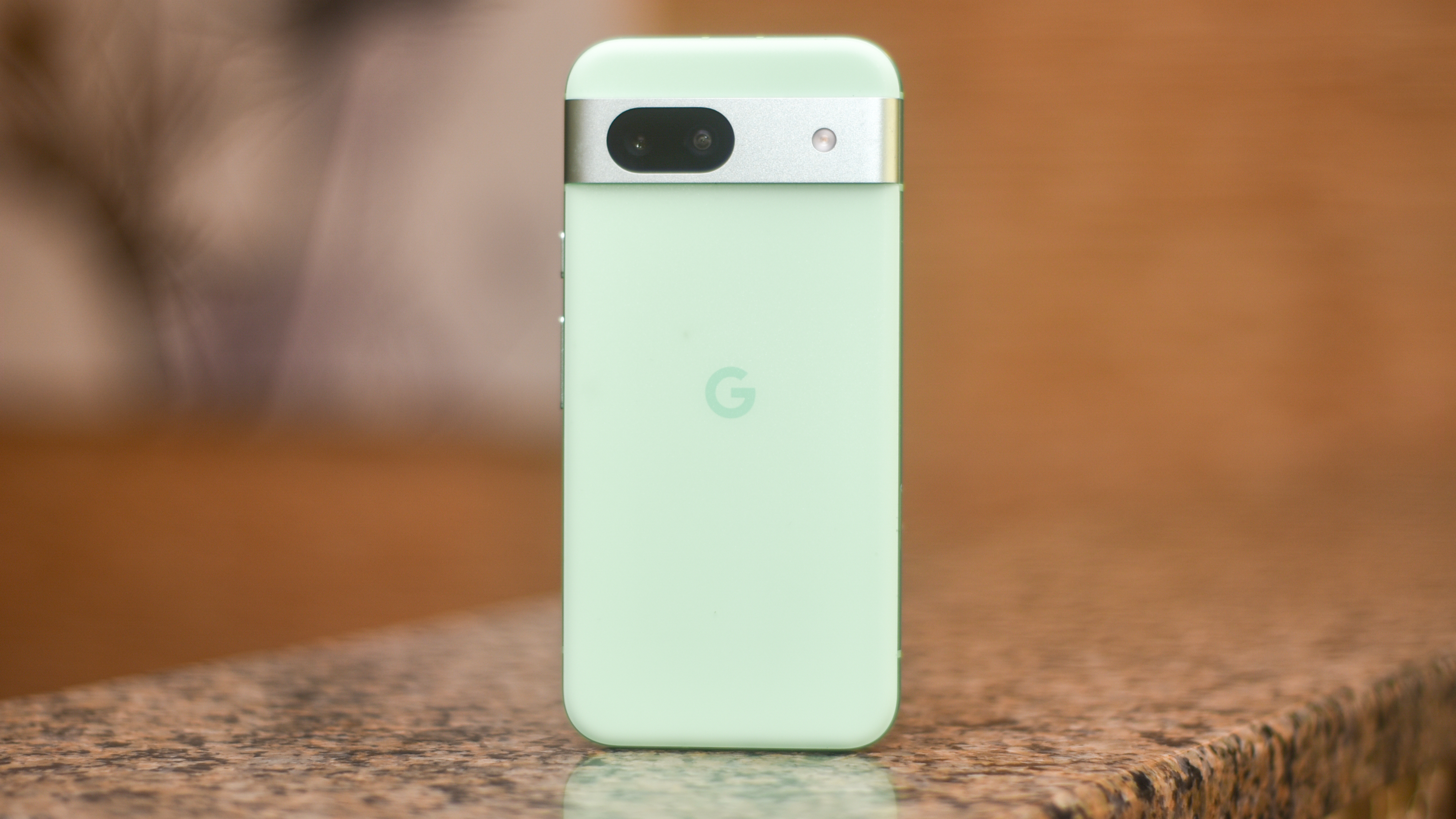
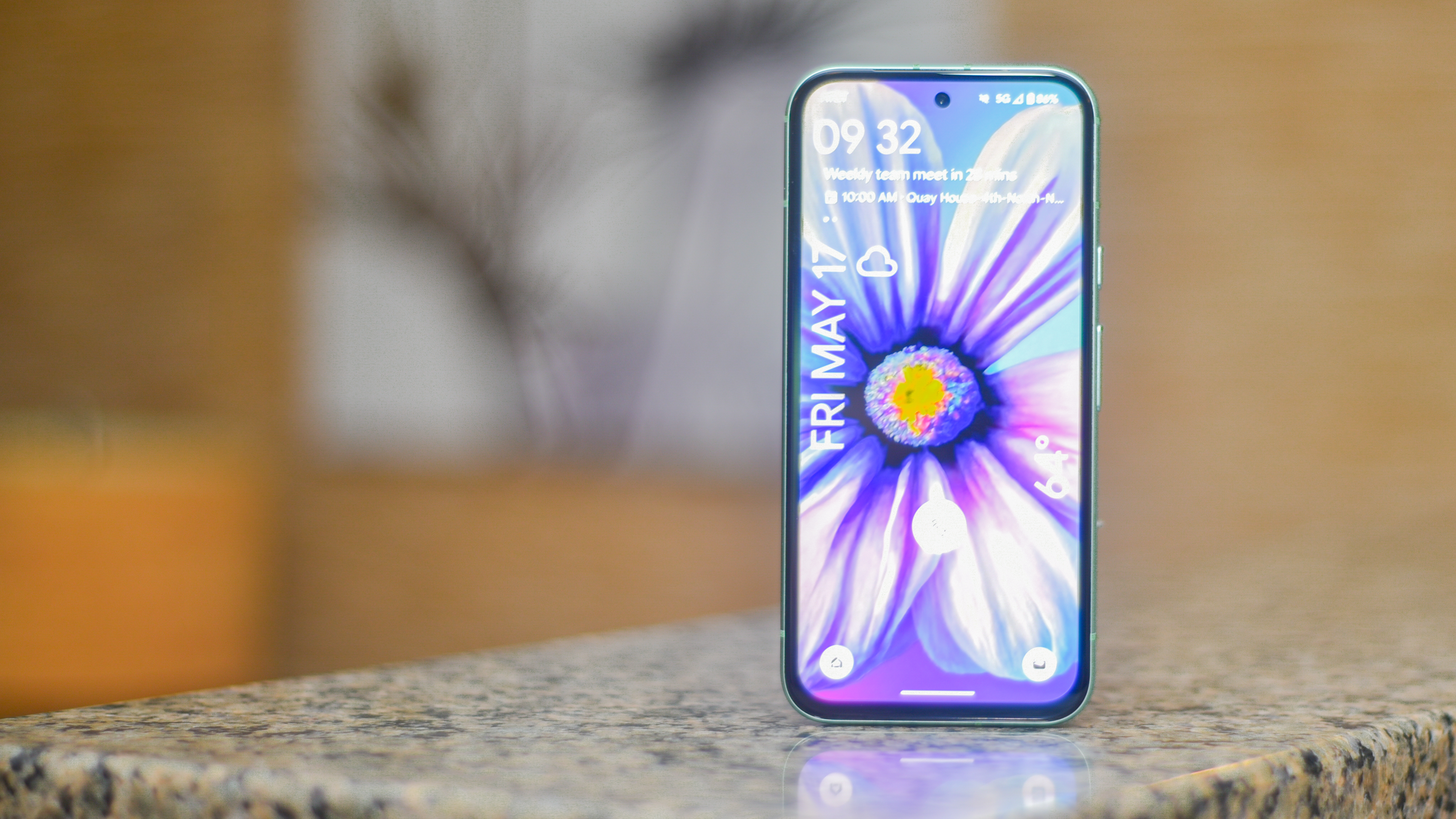
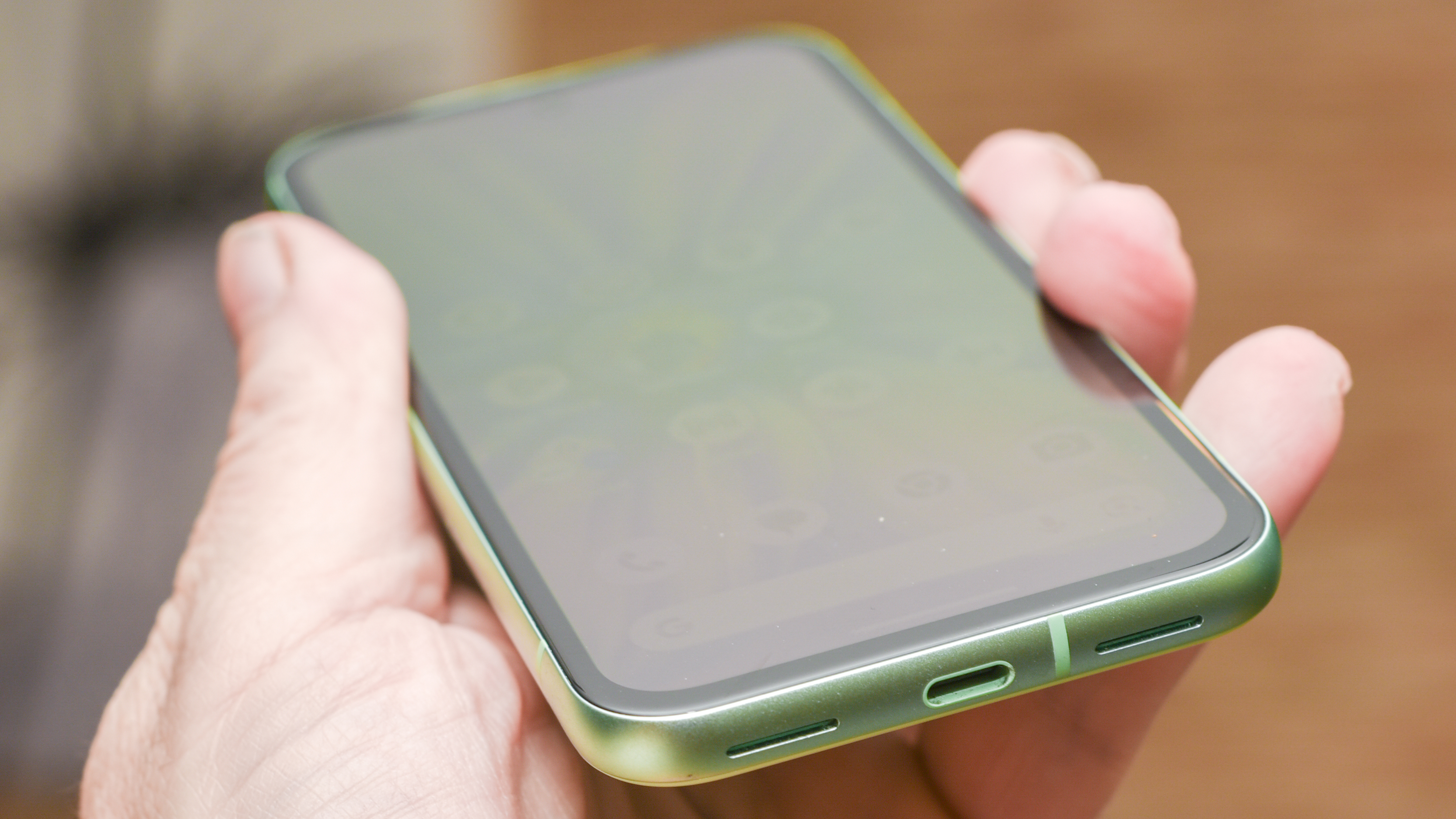
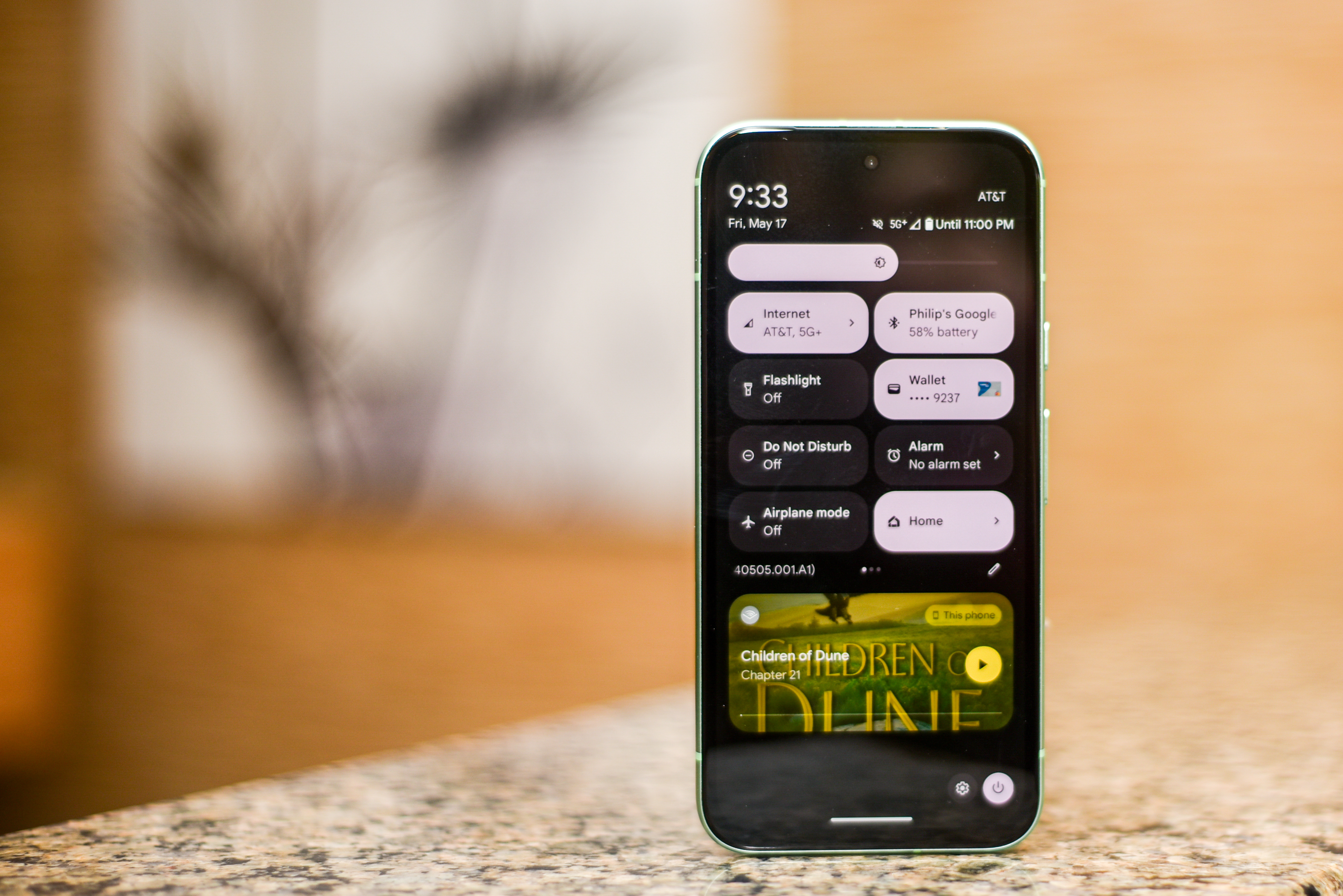
Specifications
At first glance, you might shrug off the Google Pixel 8a, since the Pixel 9a is already available. Don't sleep on this phone, especially if you can find a great deal. It offers nearly the same level of performance, six more years of Android updates ahead, and it keeps the cool Pixel design instead of ditching the look, like the Pixel 9a.
The Pixel 8a also offers a range of slick colors and it comes packing a Google Tensor G3 chip. This is the same slice of silicon found in the Pixel 8 and Pixel 8 Pro. That means the Pixel 8a can access most of Google's AI-powered features, from the capability to intelligently wait on calls for you, to using AI editing to completely rework your photographs. Google Gemini AI is even baked right into the Gmail app, so you can use AI to help compose emails for you.
Add to that a pair of solid rear cameras, with Google's excellent image processing, and you have an intelligent smartphone that was a compelling price when it was new, but now it should be available for even less.
Read our full Google Pixel 8a review
FAQs
What is the best Pixel phone in 2025?
The Pixel 9 Pro and Pixel 9 Pro XL are essentially identical, so both of them would be the best Pixel phone to buy in 2025. I appreciate that Google didn't skimp on features with the smaller Pixel 9 Pro and I want to encourage this so I'm naming the Pixel 9 Pro the Best Pixel Overall. Since the Pixel 9 Pro XL has a larger display, it is easier to use for photography, making it the better Pixel camera phone, even though the Pixel 9 Pro has the exact same cameras.
How to choose the best Pixel phone for you
When you are choosing a Pixel phone the important question is how much AI you want to use. The better the Pixel phone, the more AI features it will have, both now and into the future. If you want to always have the latest Google AI features, I would suggest a Pixel 9 Pro or Pro XL. On the other hand, if you want to avoid AI or Google AI isn't important at all, you can save a lot of money buying the Pixel 8a, which still has great cameras and the original Pixel look (unlike the uglier Pixel 9a).
How we test
I've thoroughly reviewed every Pixel phone on this list, and I carry a new Pixel model at all times as one of my primary work phones, and to test alongside all of the best camera phones. I use Pixel phones with all of my work apps and tools, and with all of my favorite personal features, including games and social networks.
I use these Pixel phones with the latest Pixel Watch 3 and Pixel Buds Pro 2 accessories from Google, and I connect the phones to my car's stereo for Android Auto and Bluetooth. I use an Xbox wireless controller to play games, and I connect other joysticks, wearables, headphones, and accessories as needed.
I test these phones through intense normal usage, and all of the phones are tested in Future Labs using third-party benchmark software and our own proprietary lab tests. We conduct performance tests on the processor, graphics, display, battery, and much more.
We test phones for a minimum of one full week before we write a review, and usually at least two weeks or more. We update reviews and buying guides periodically as we conduct more testing, and as the phones are updated with new features. It really never ends.
- You've reached the end of the page. Jump back up to the top ^
Get daily insight, inspiration and deals in your inbox
Sign up for breaking news, reviews, opinion, top tech deals, and more.

Phil Berne is a preeminent voice in consumer electronics reviews, starting more than 20 years ago at eTown.com. Phil has written for Engadget, The Verge, PC Mag, Digital Trends, Slashgear, TechRadar, AndroidCentral, and was Editor-in-Chief of the sadly-defunct infoSync. Phil holds an entirely useful M.A. in Cultural Theory from Carnegie Mellon University. He sang in numerous college a cappella groups.
Phil did a stint at Samsung Mobile, leading reviews for the PR team and writing crisis communications until he left in 2017. He worked at an Apple Store near Boston, MA, at the height of iPod popularity. Phil is certified in Google AI Essentials. He has a High School English teaching license (and years of teaching experience) and is a Red Cross certified Lifeguard. His passion is the democratizing power of mobile technology. Before AI came along he was totally sure the next big thing would be something we wear on our faces.